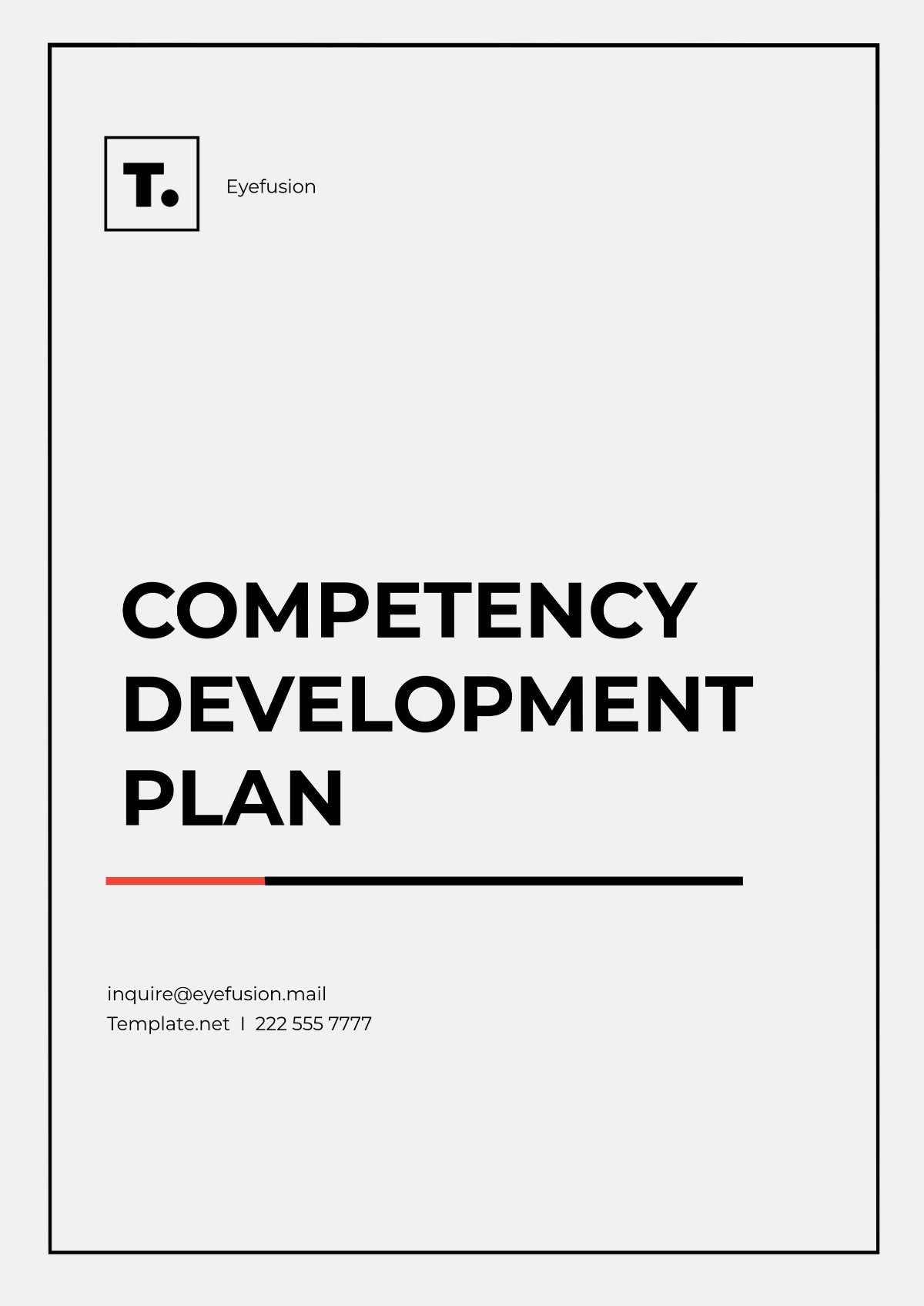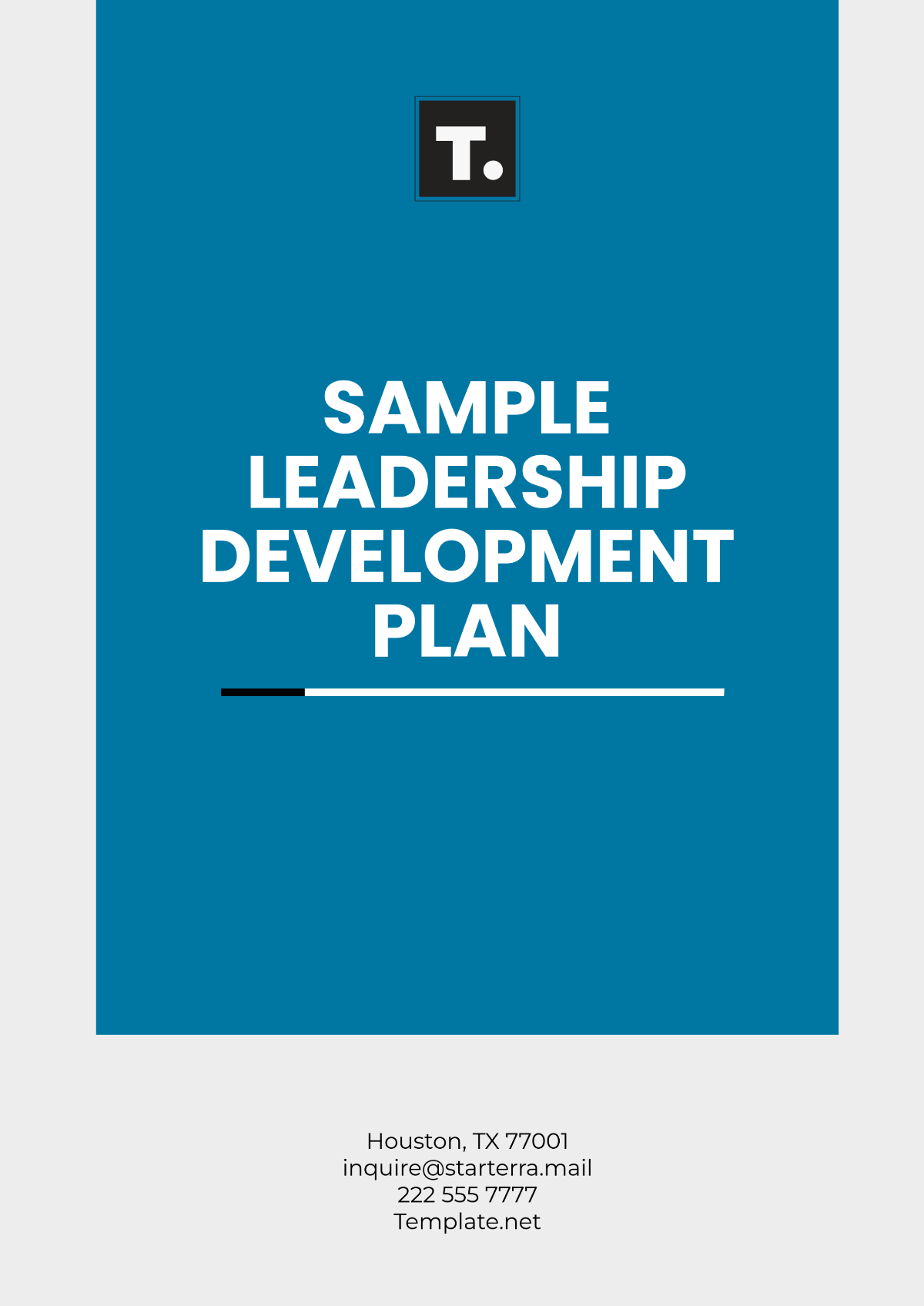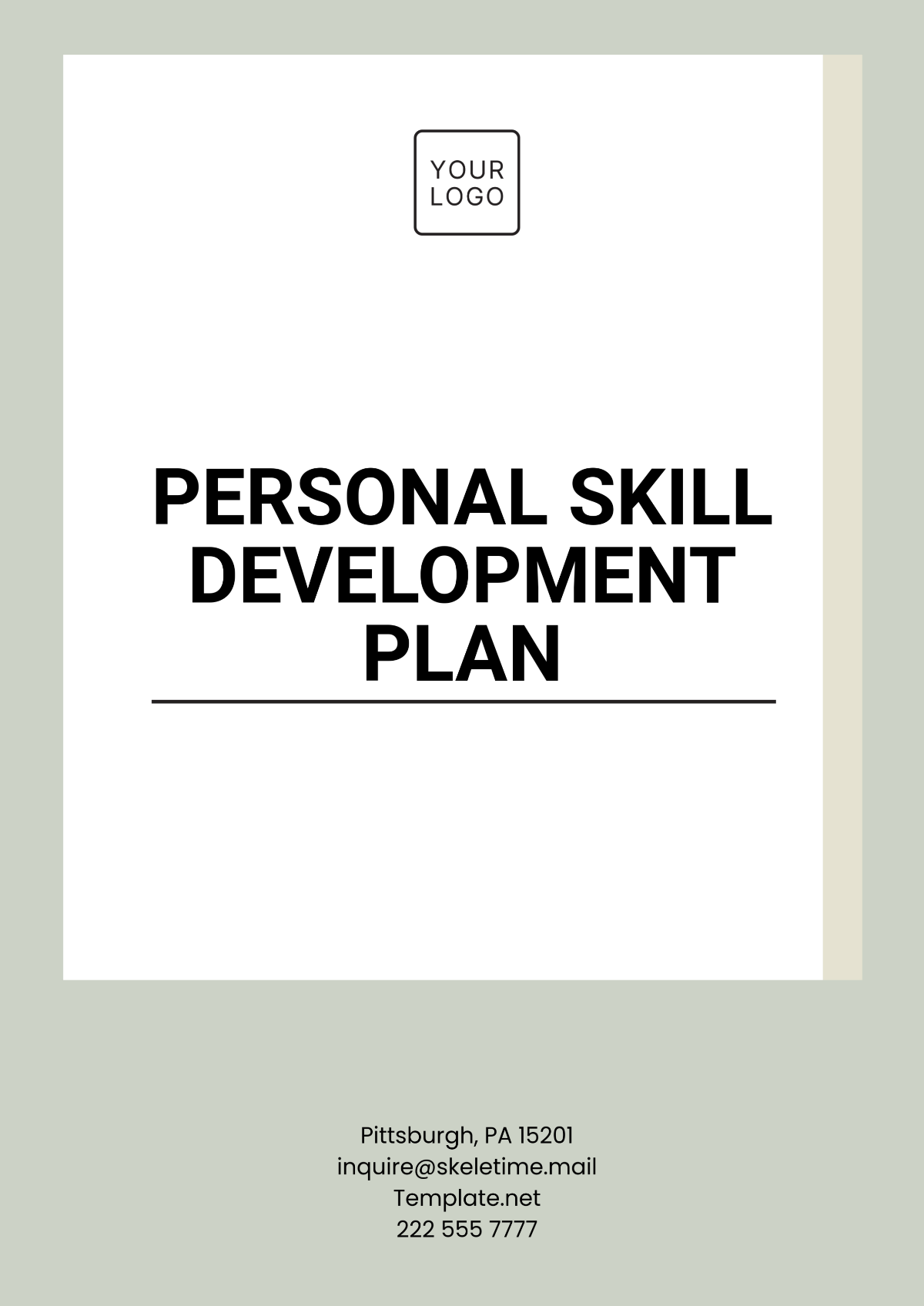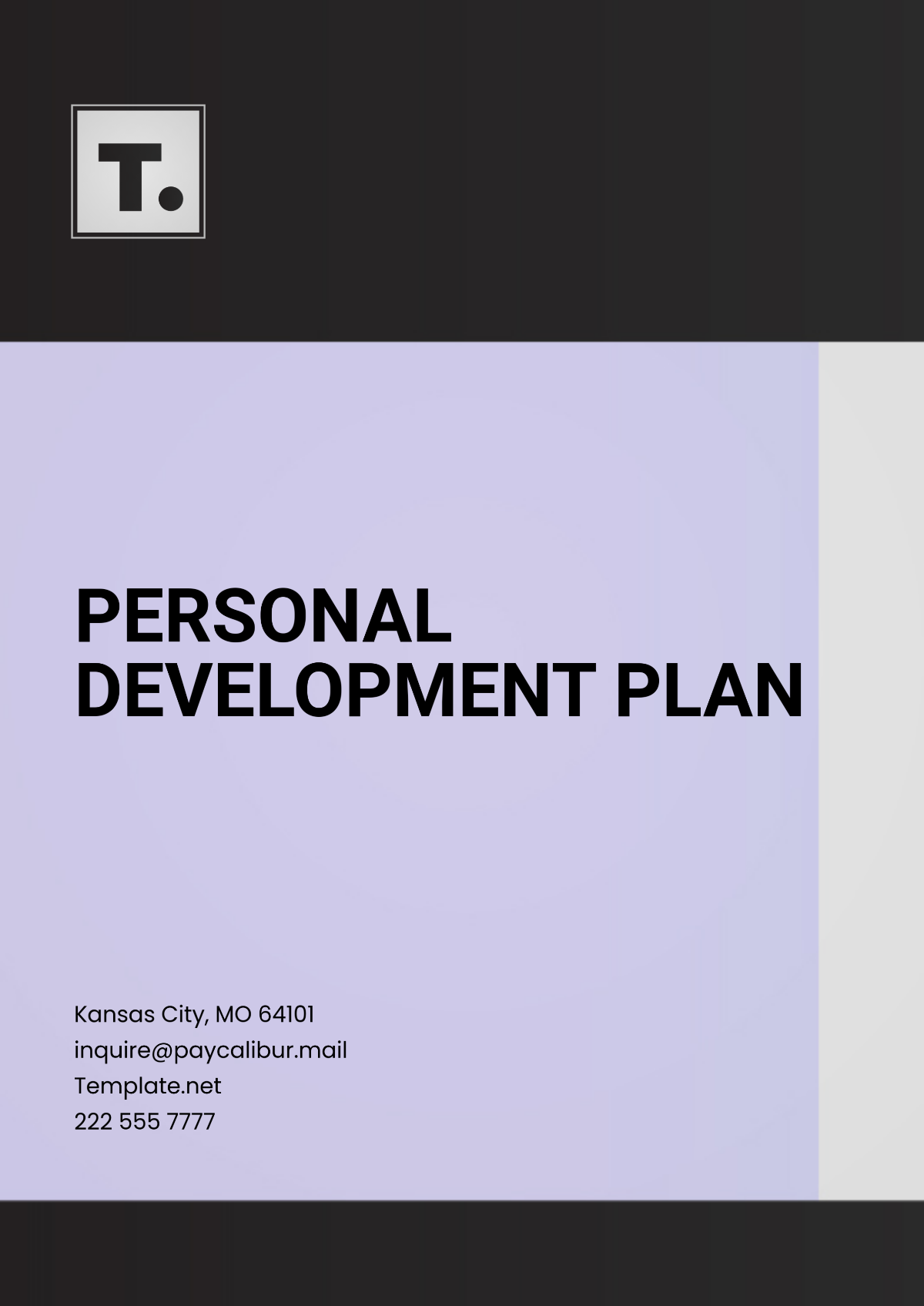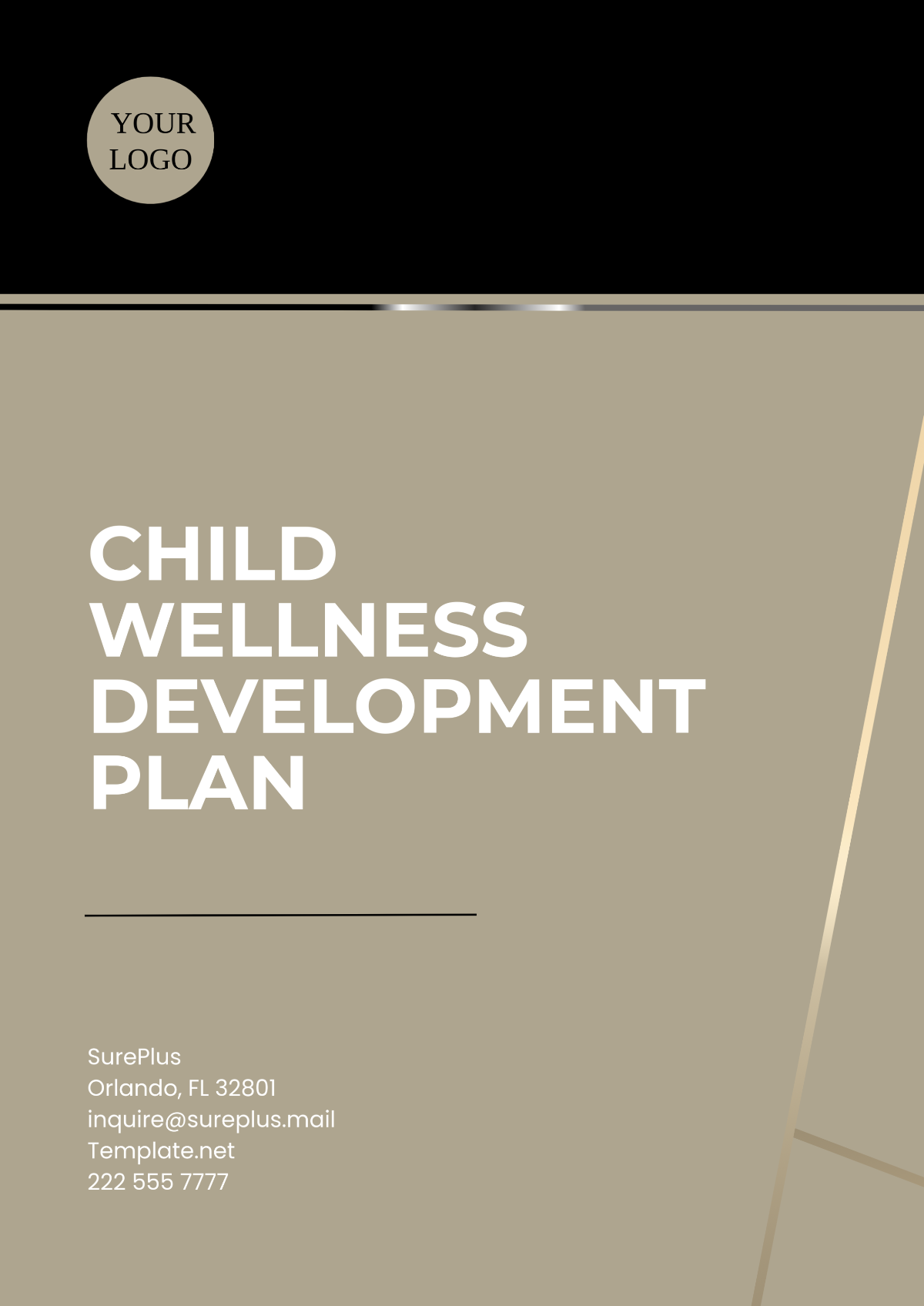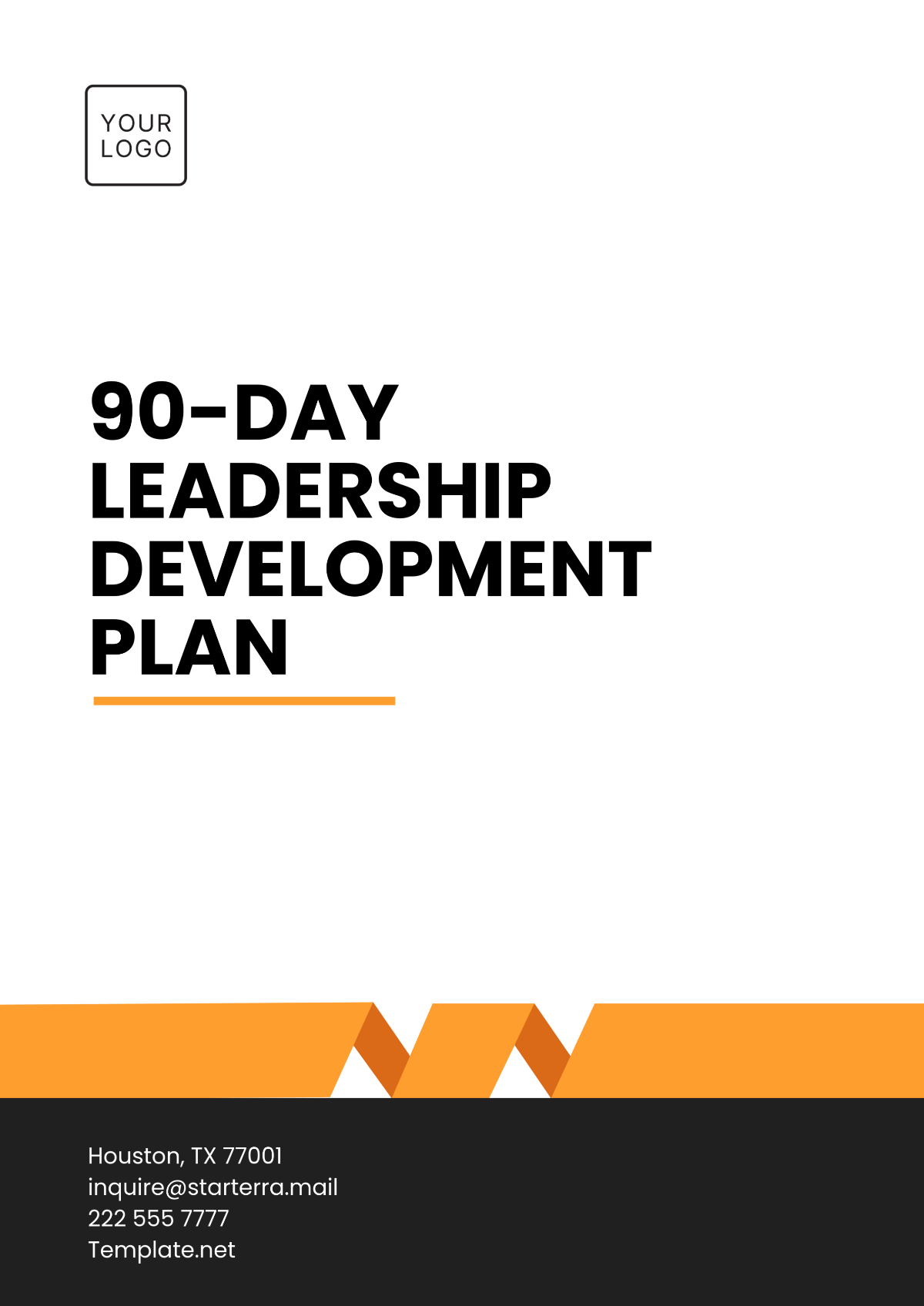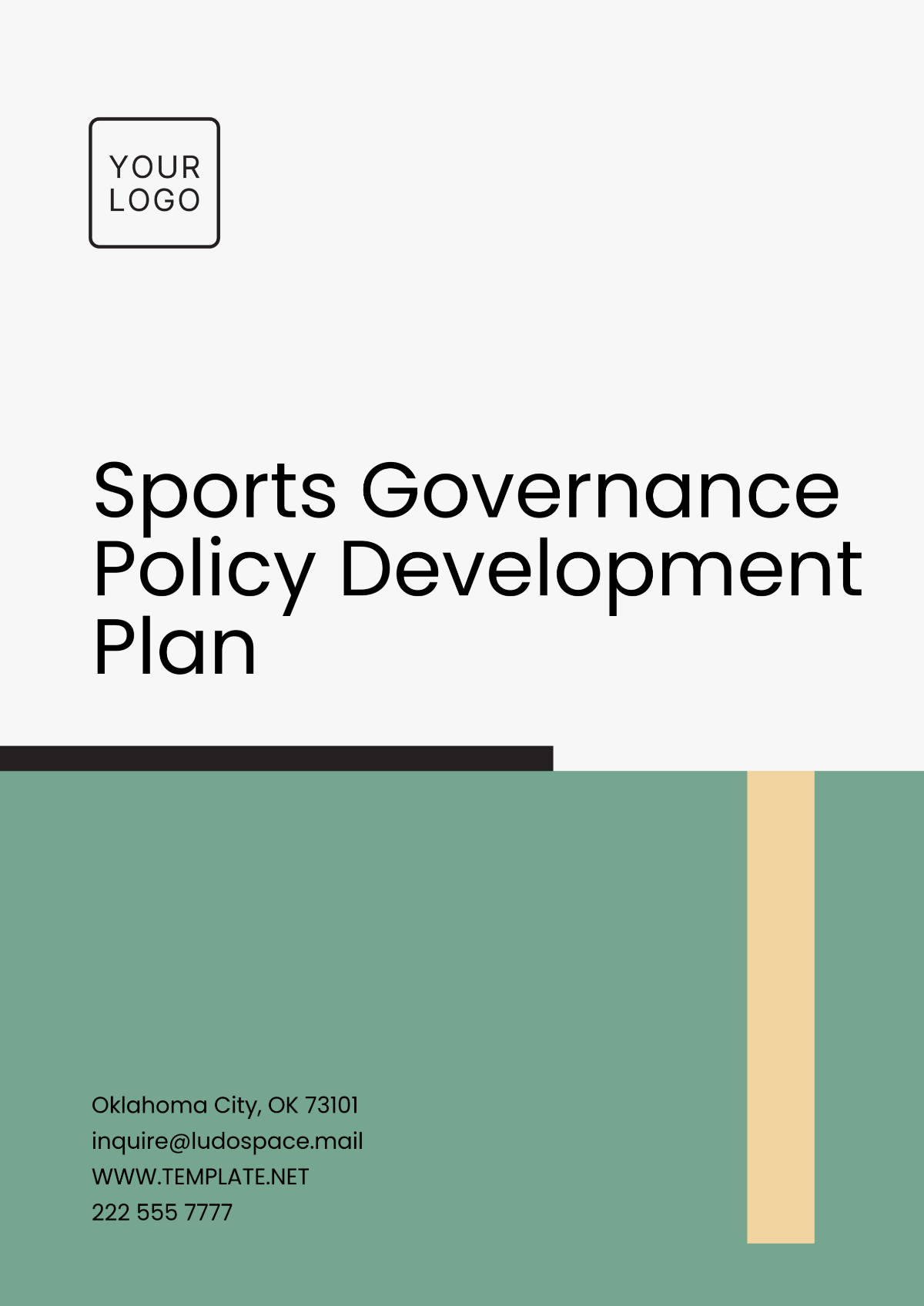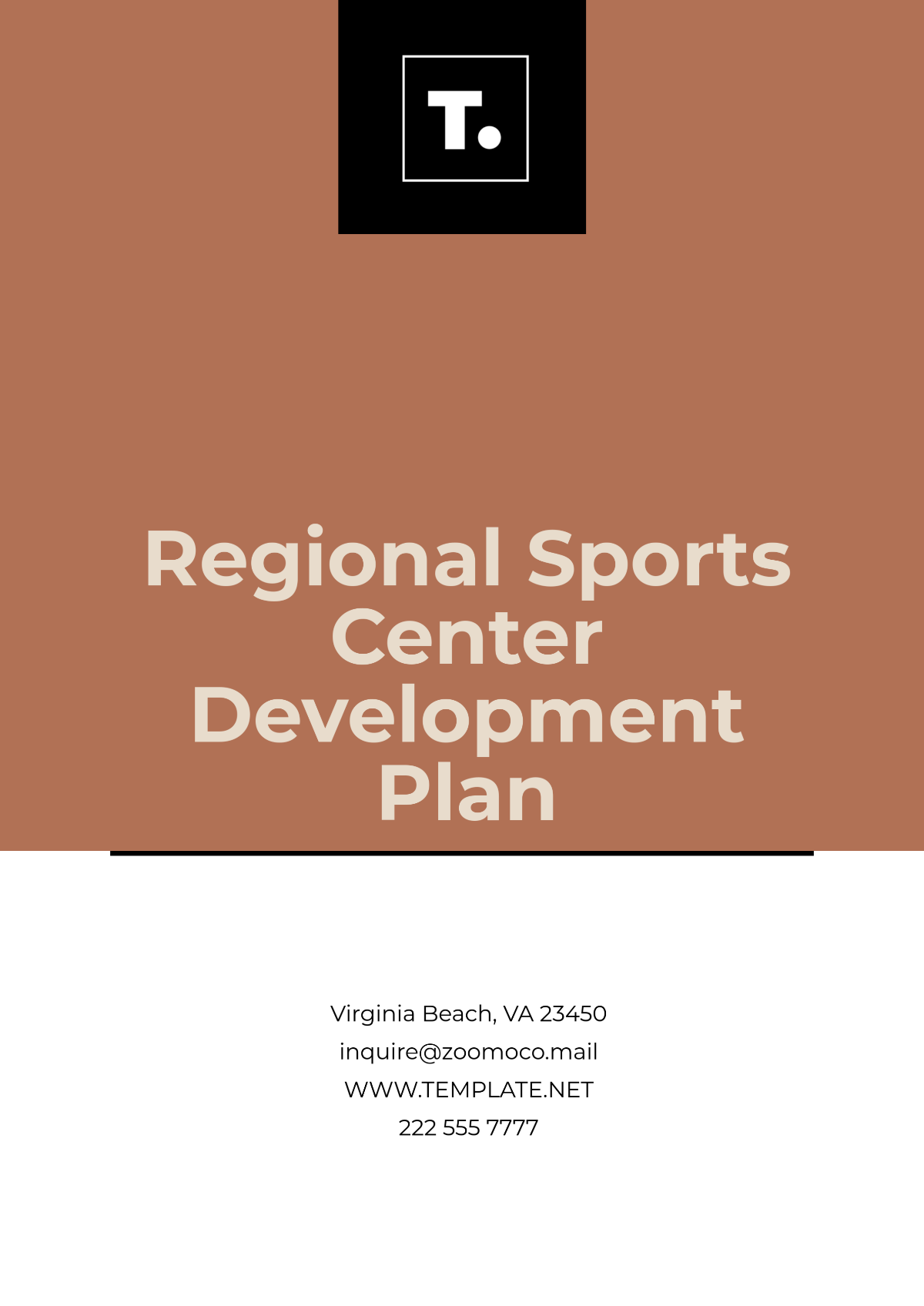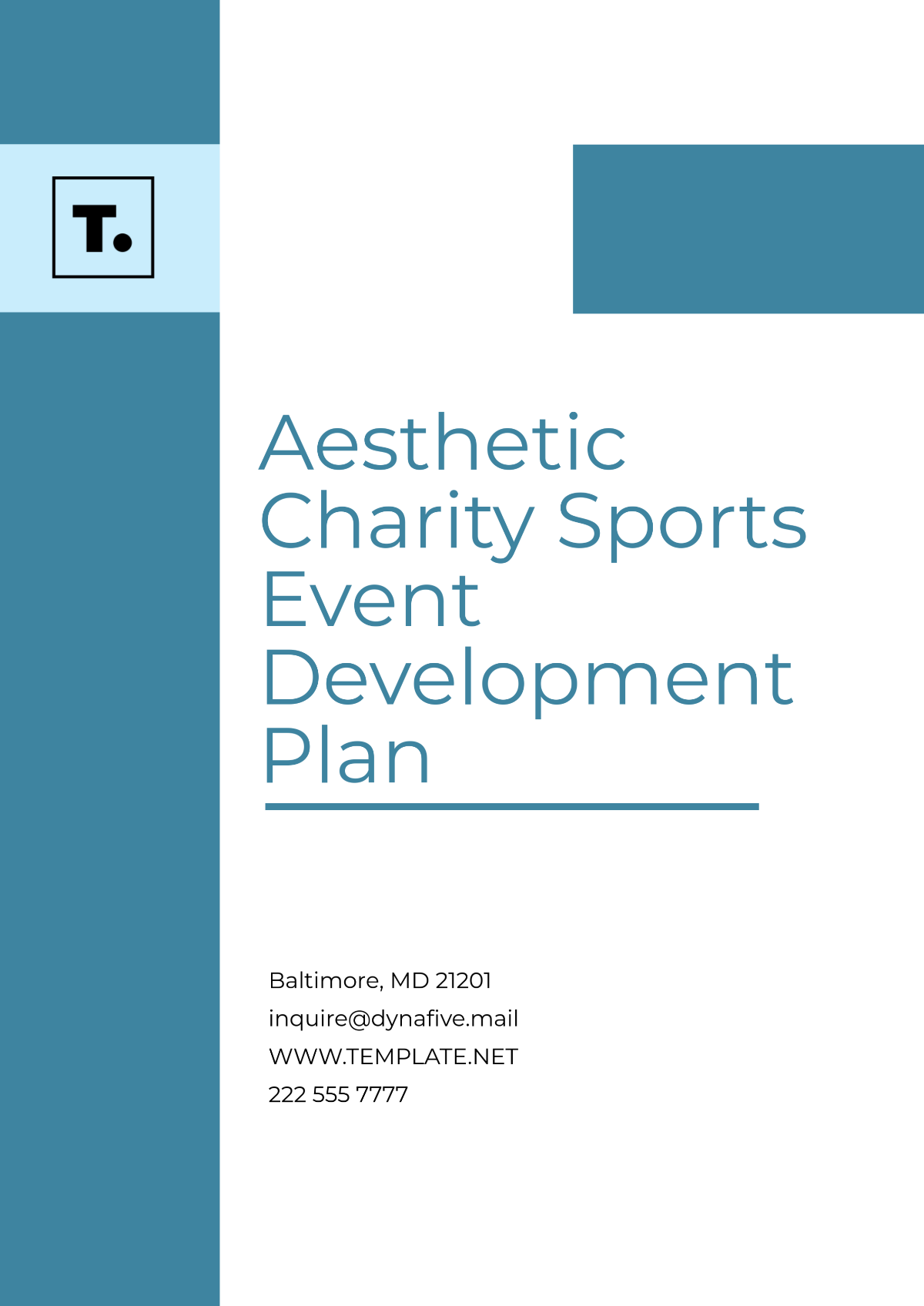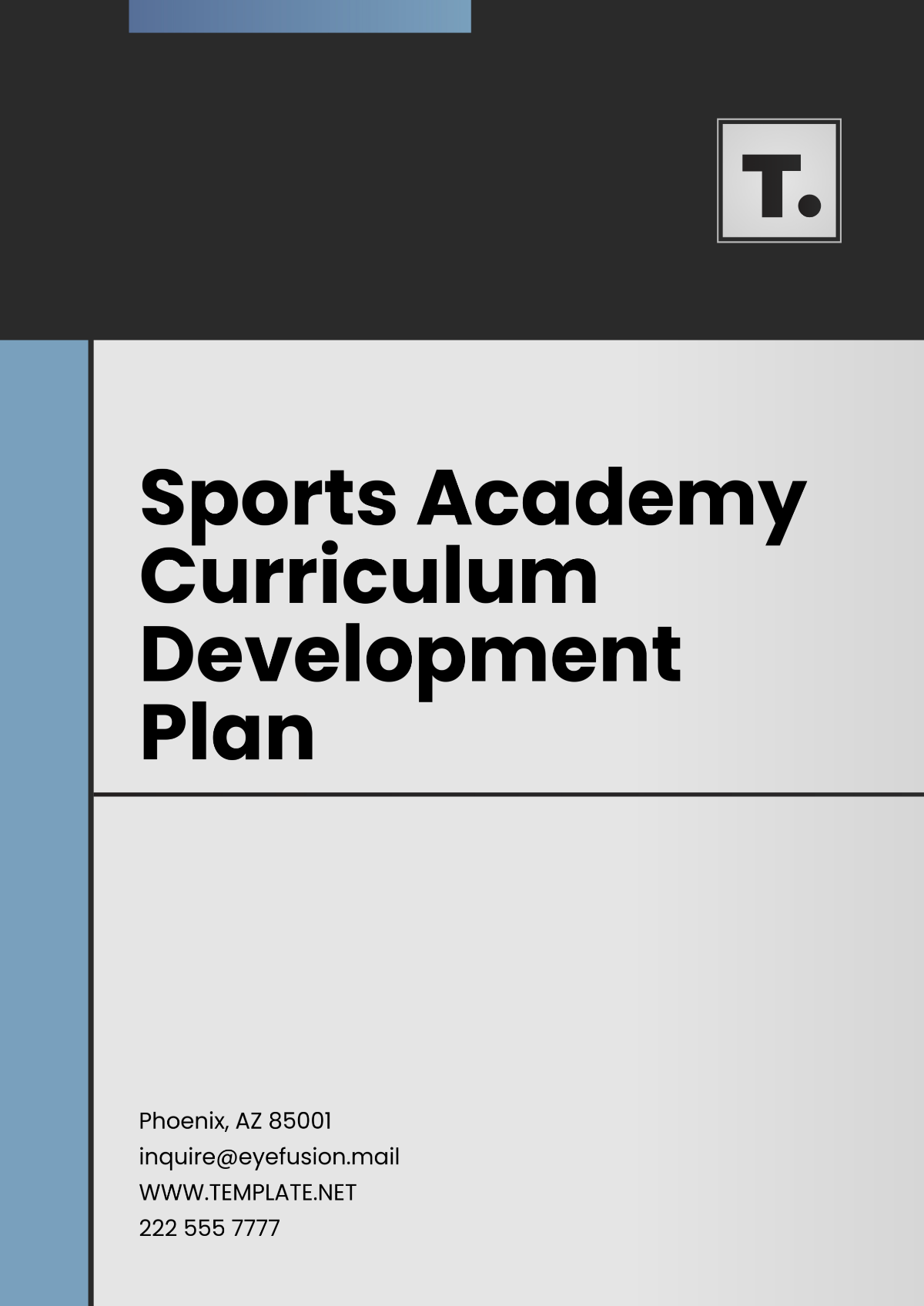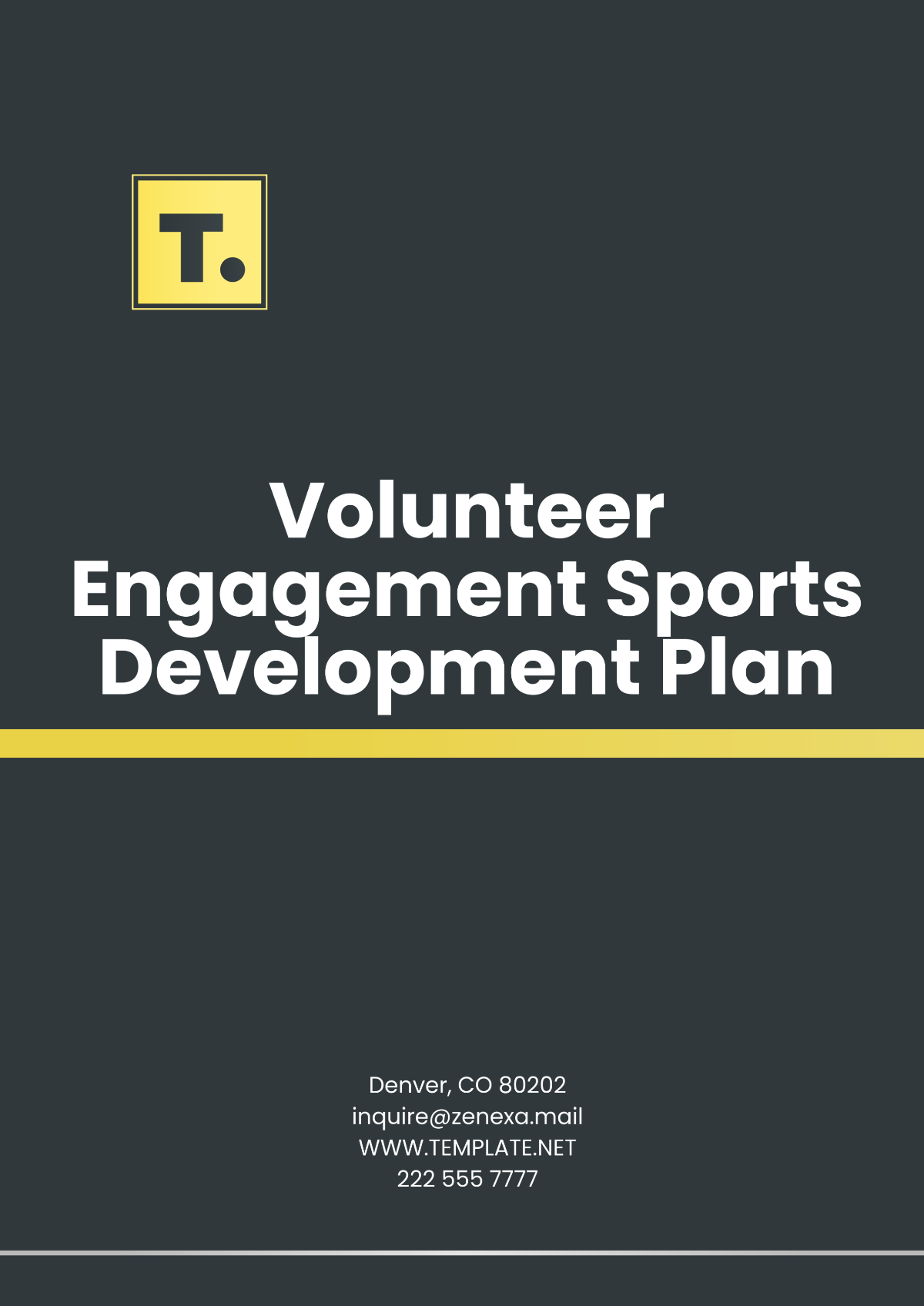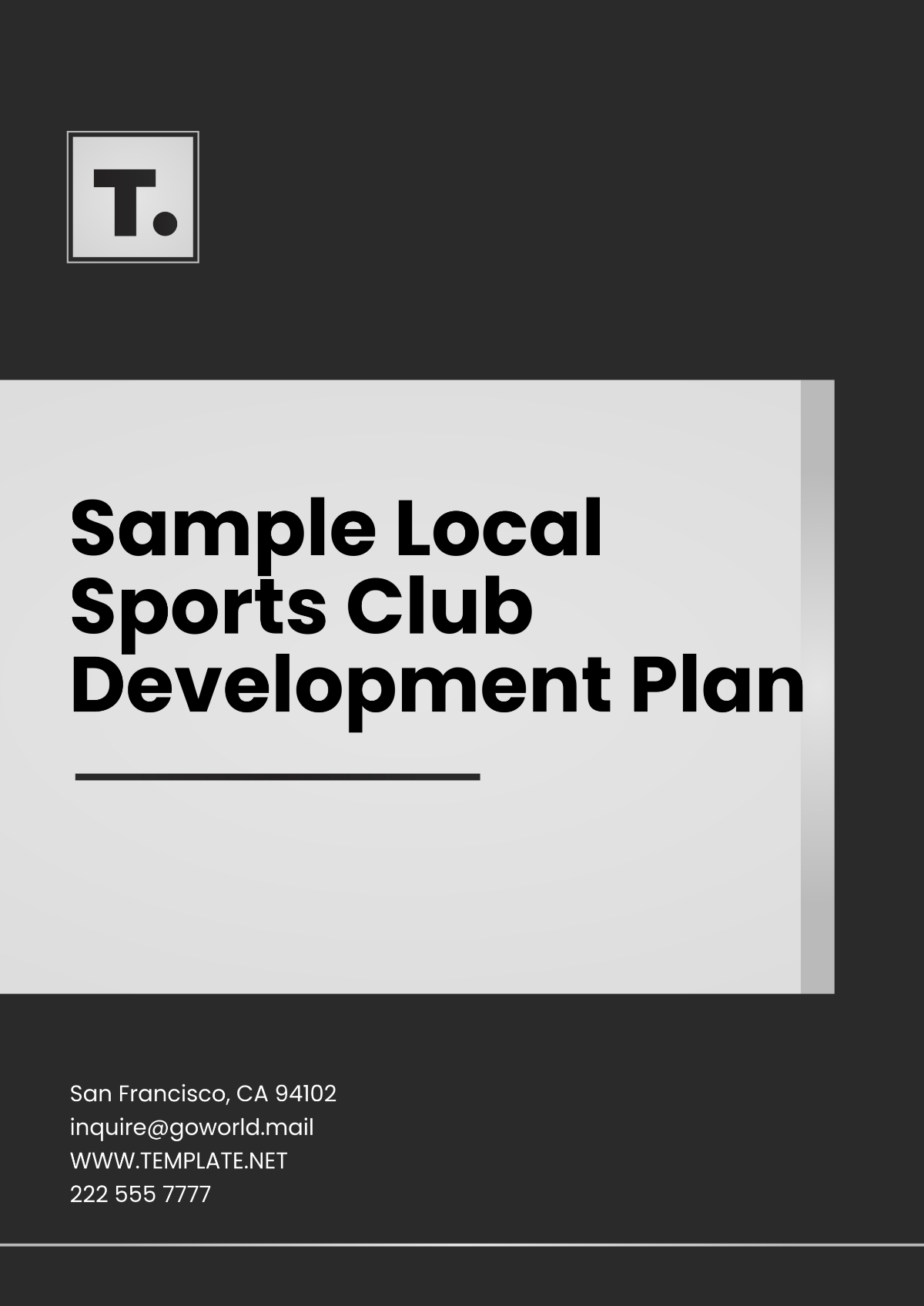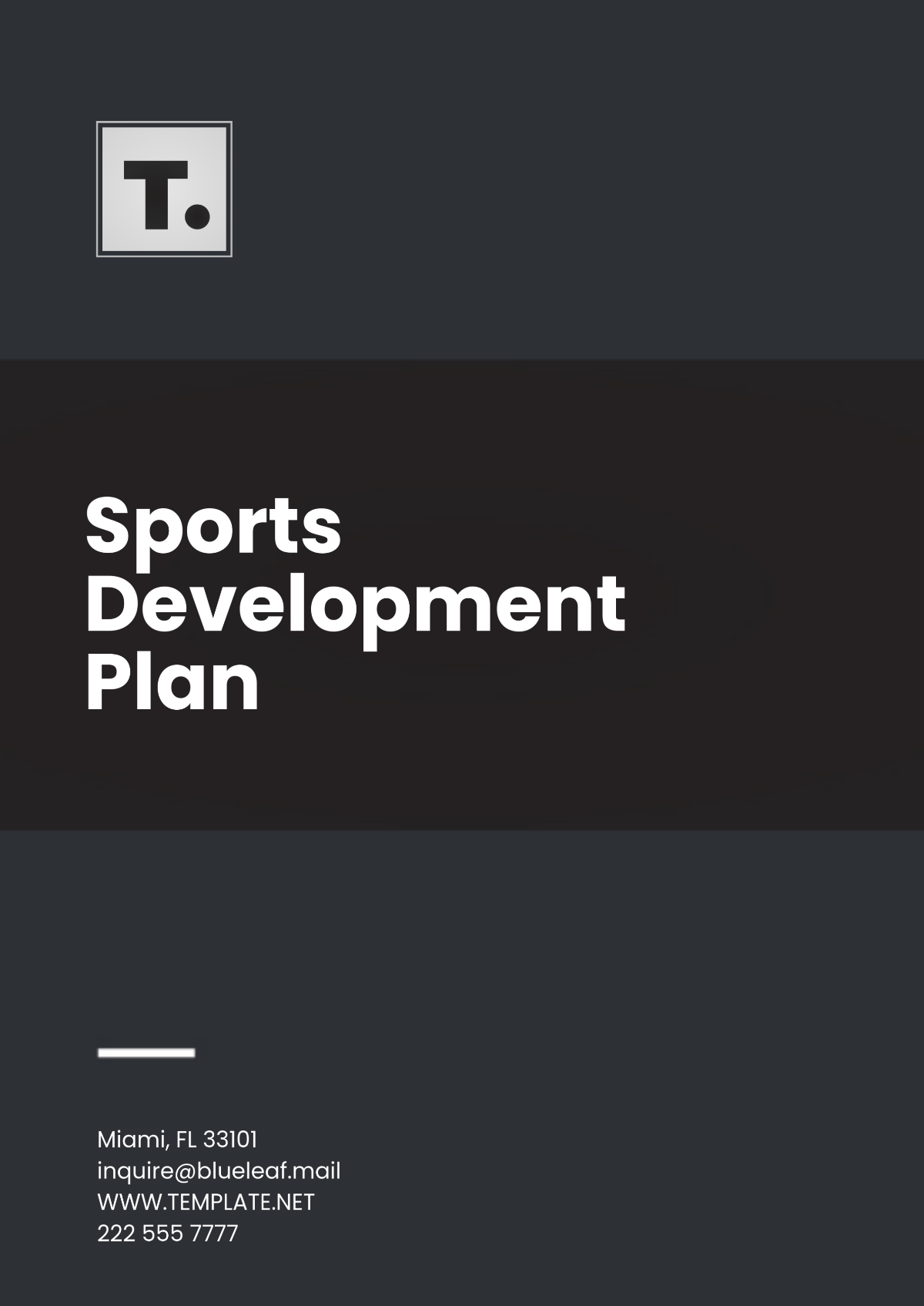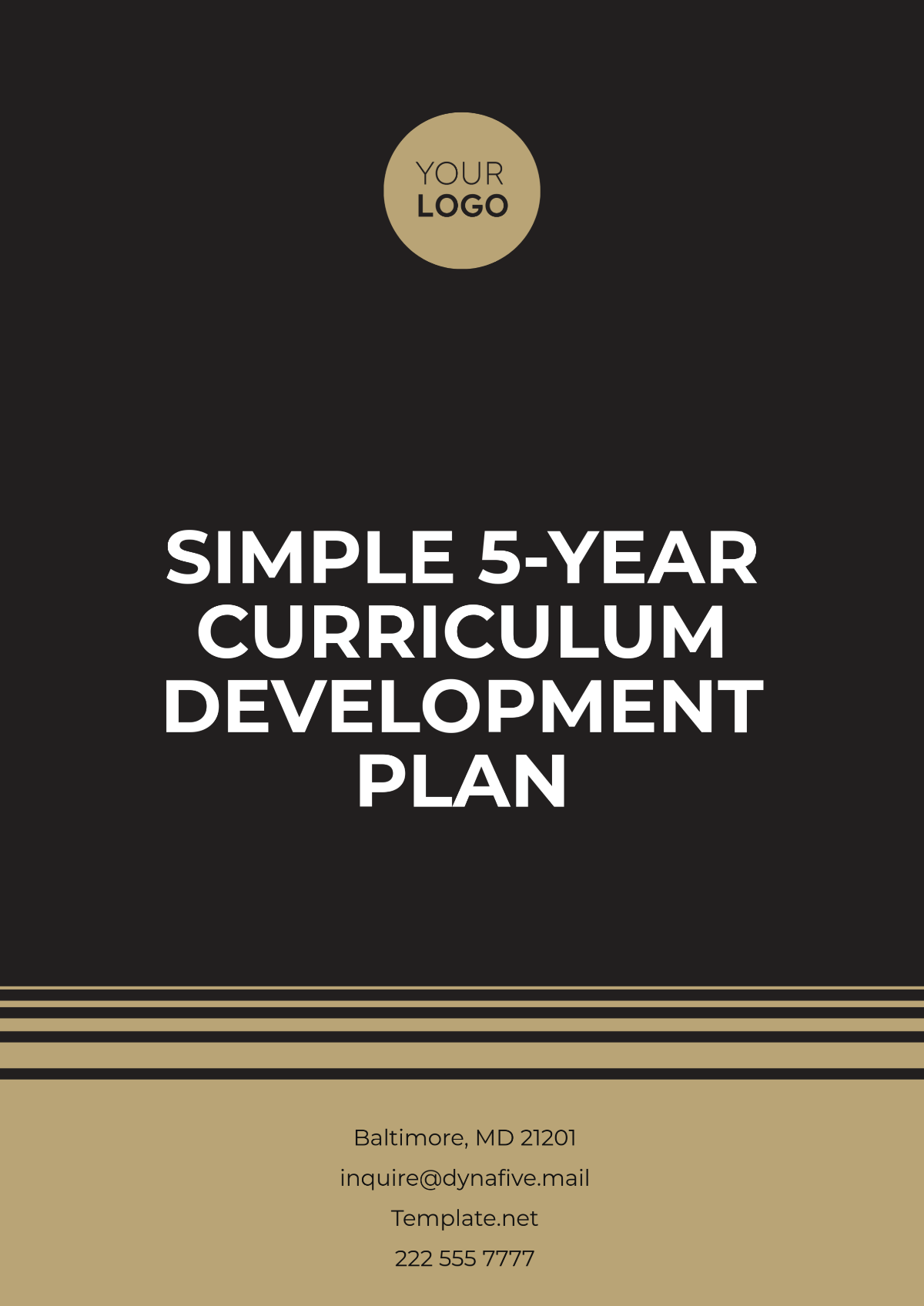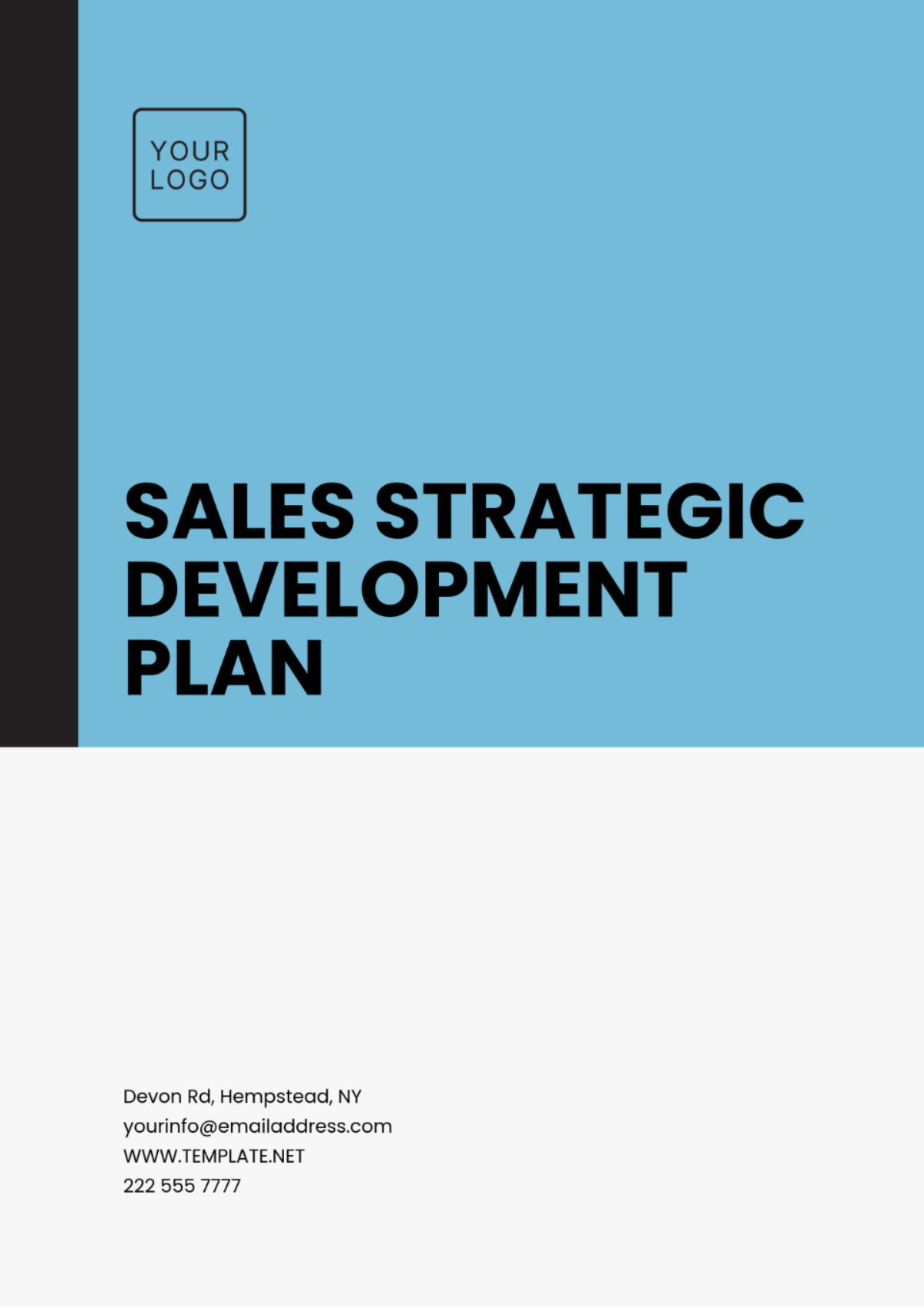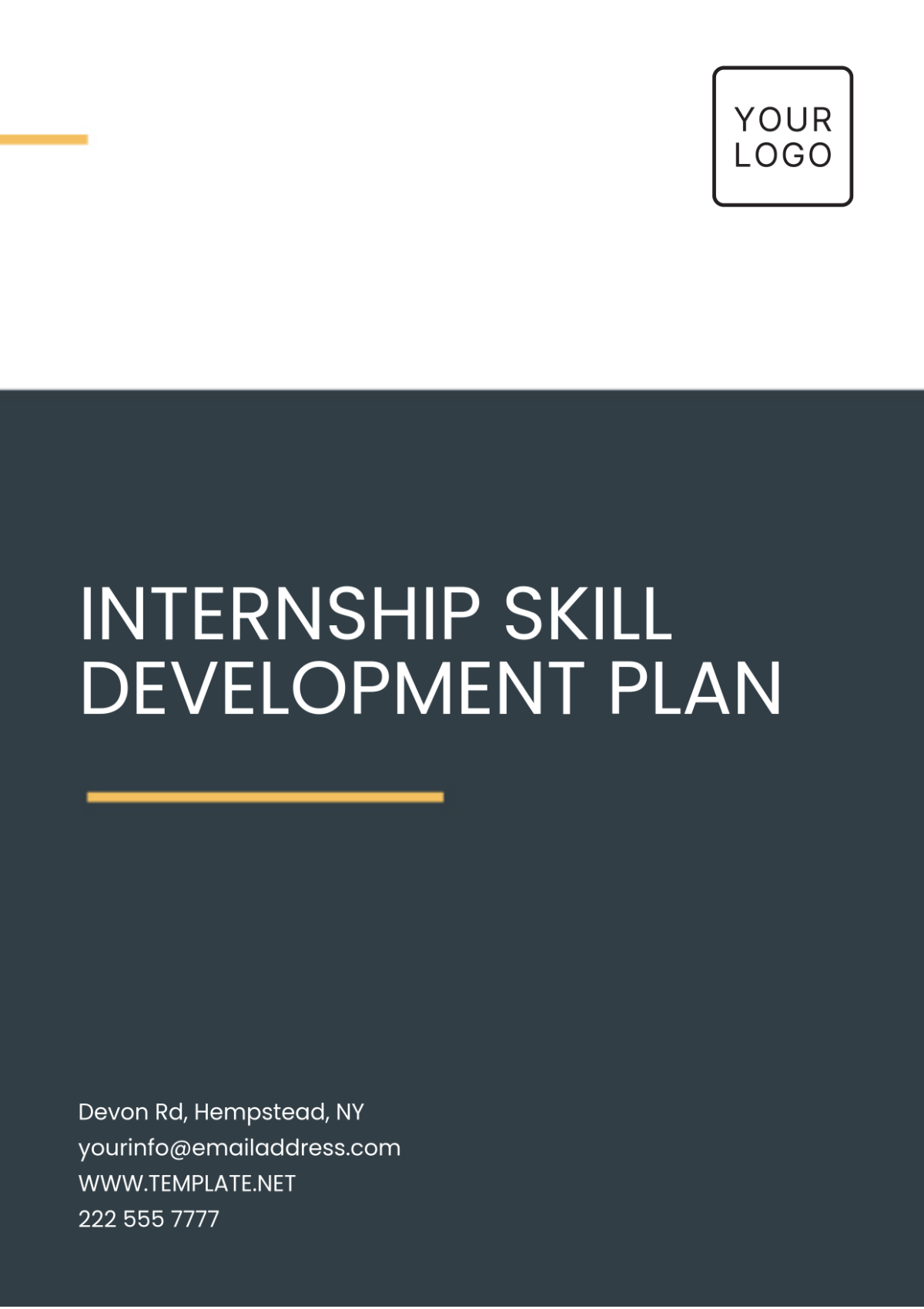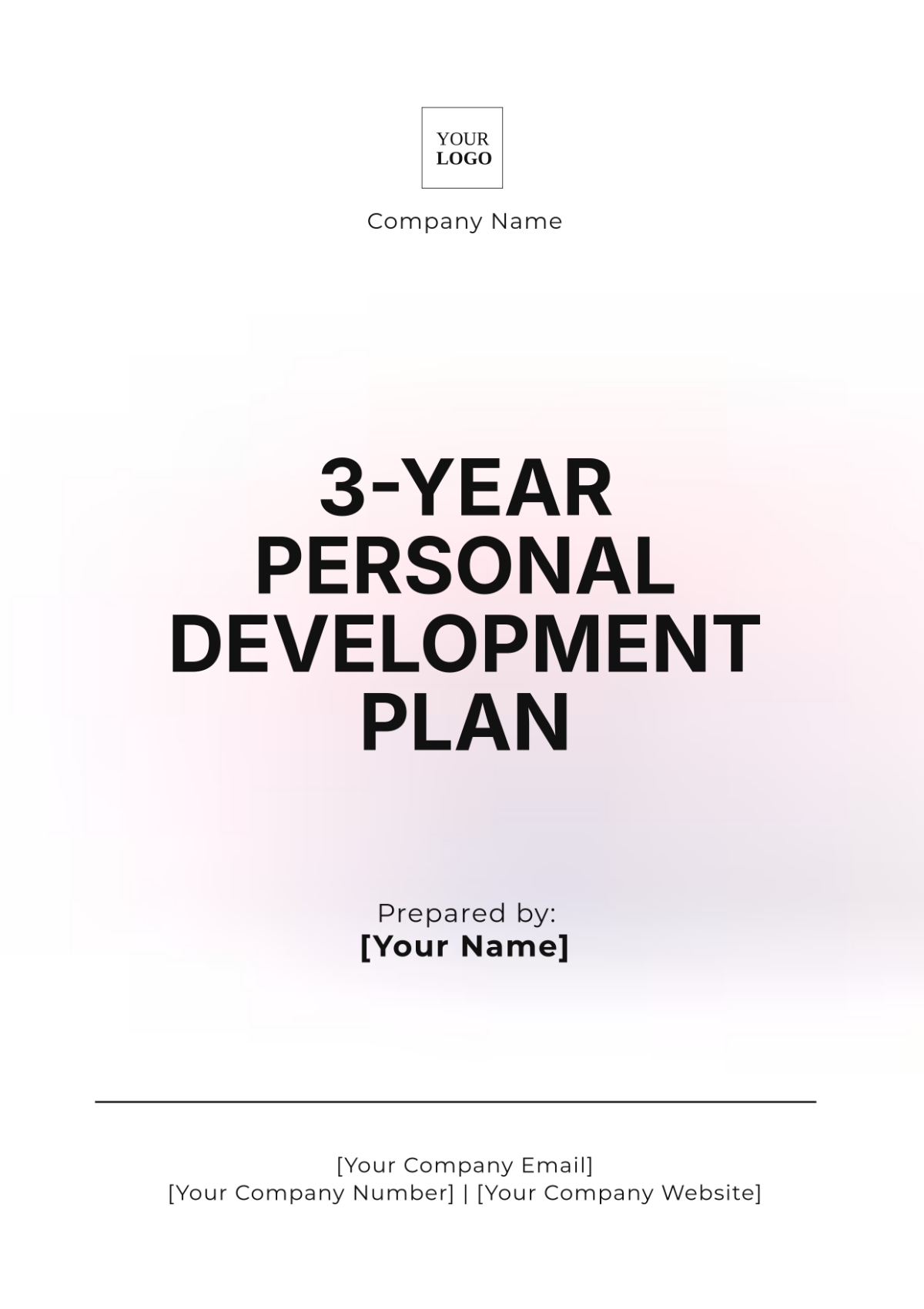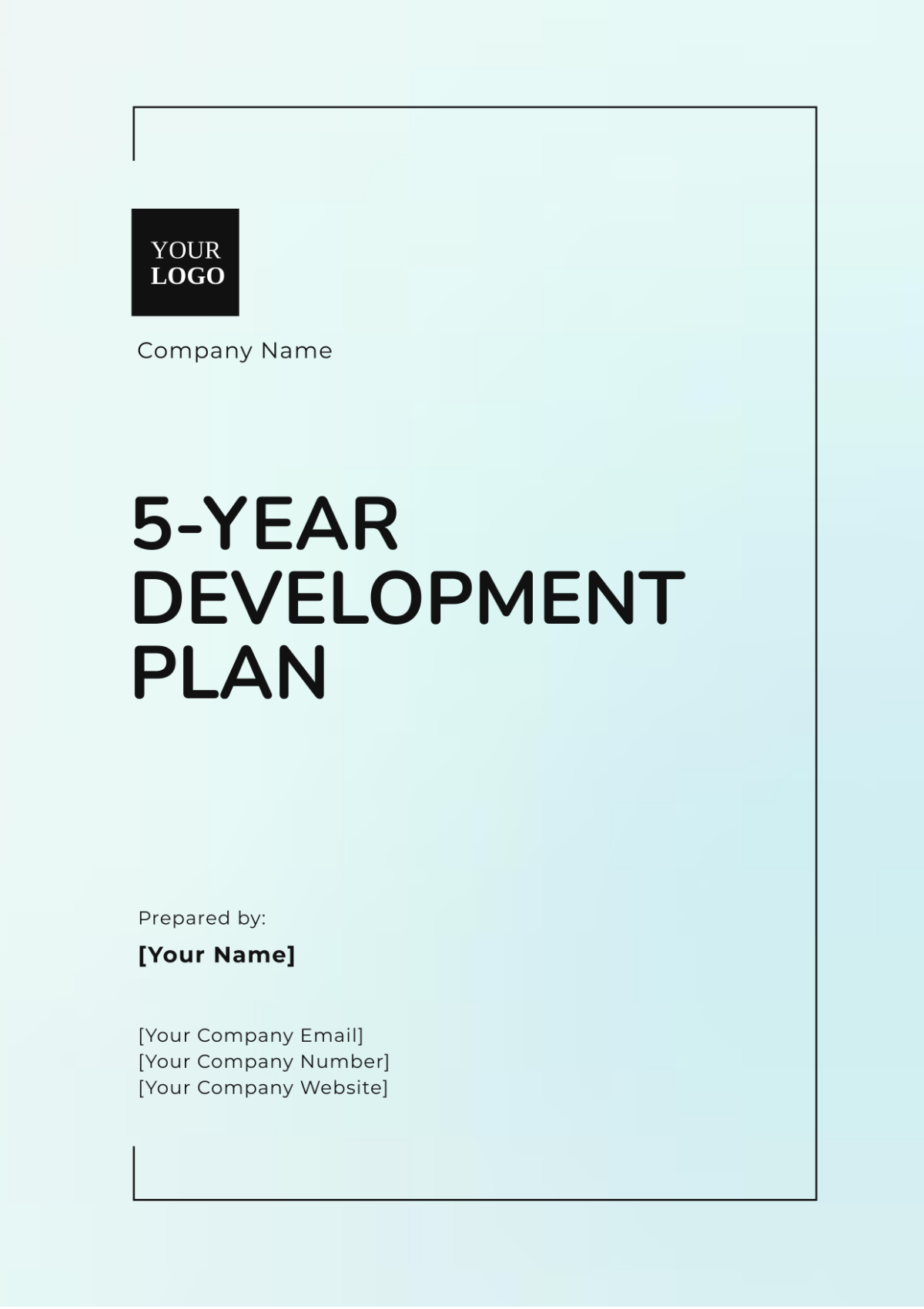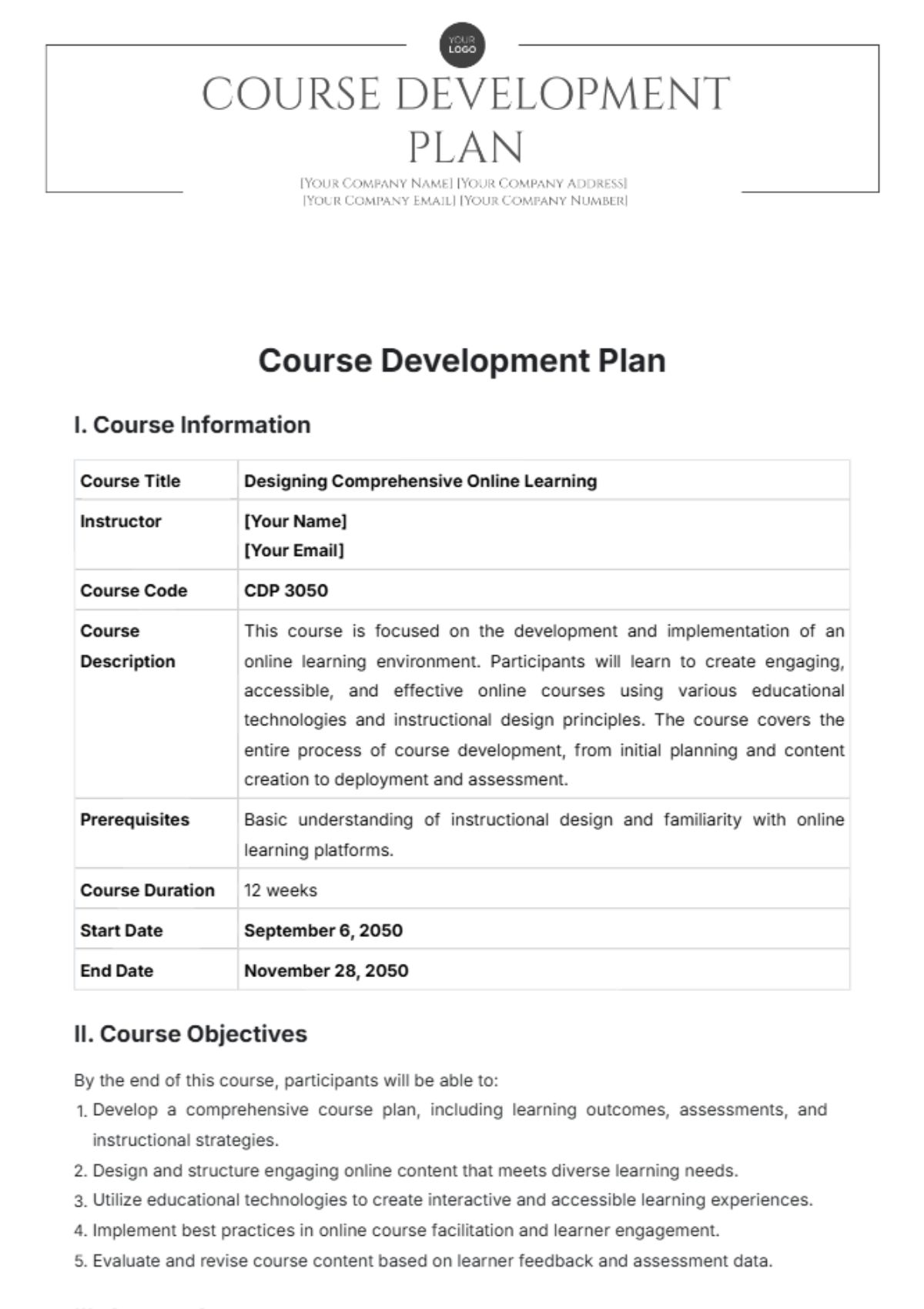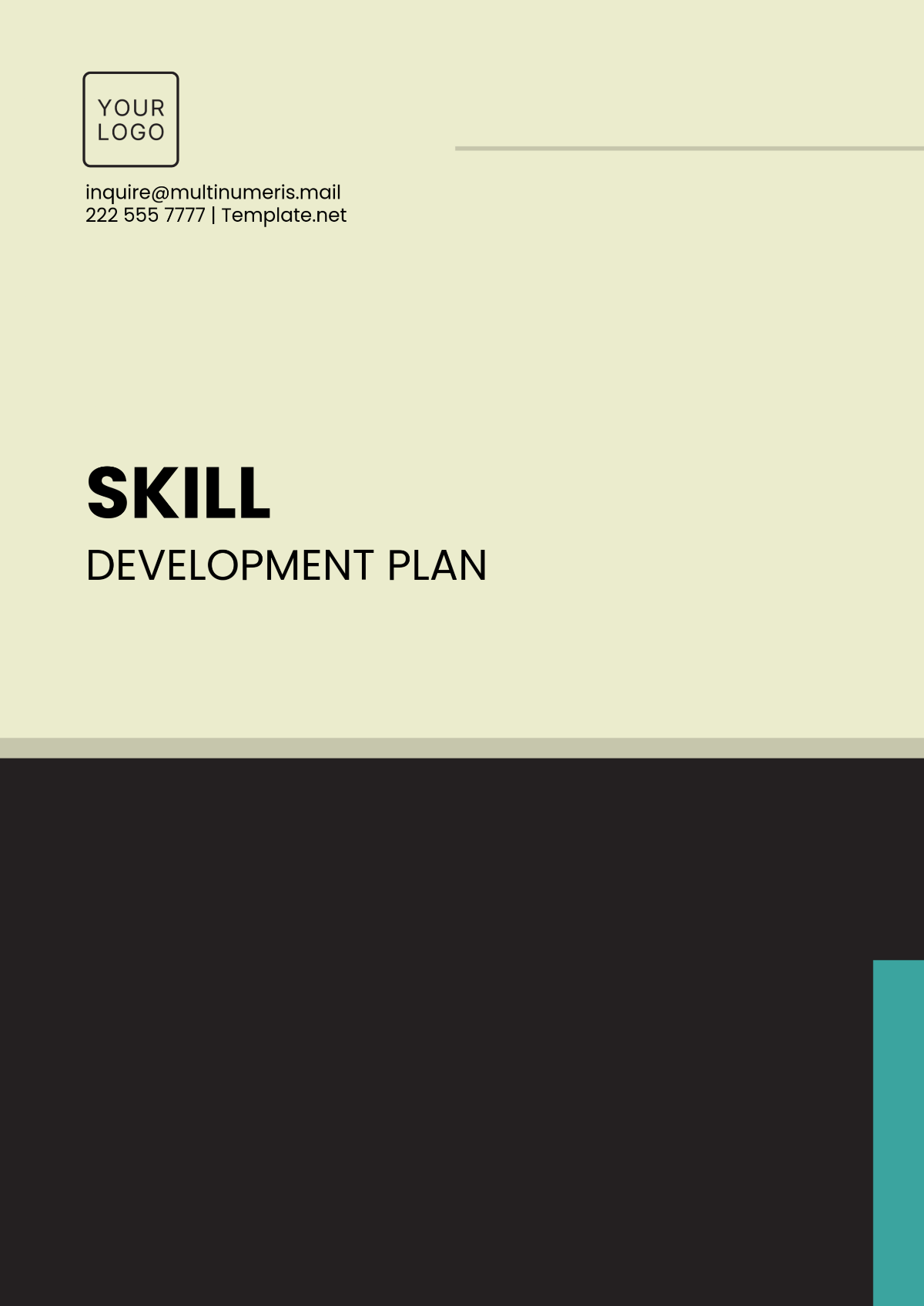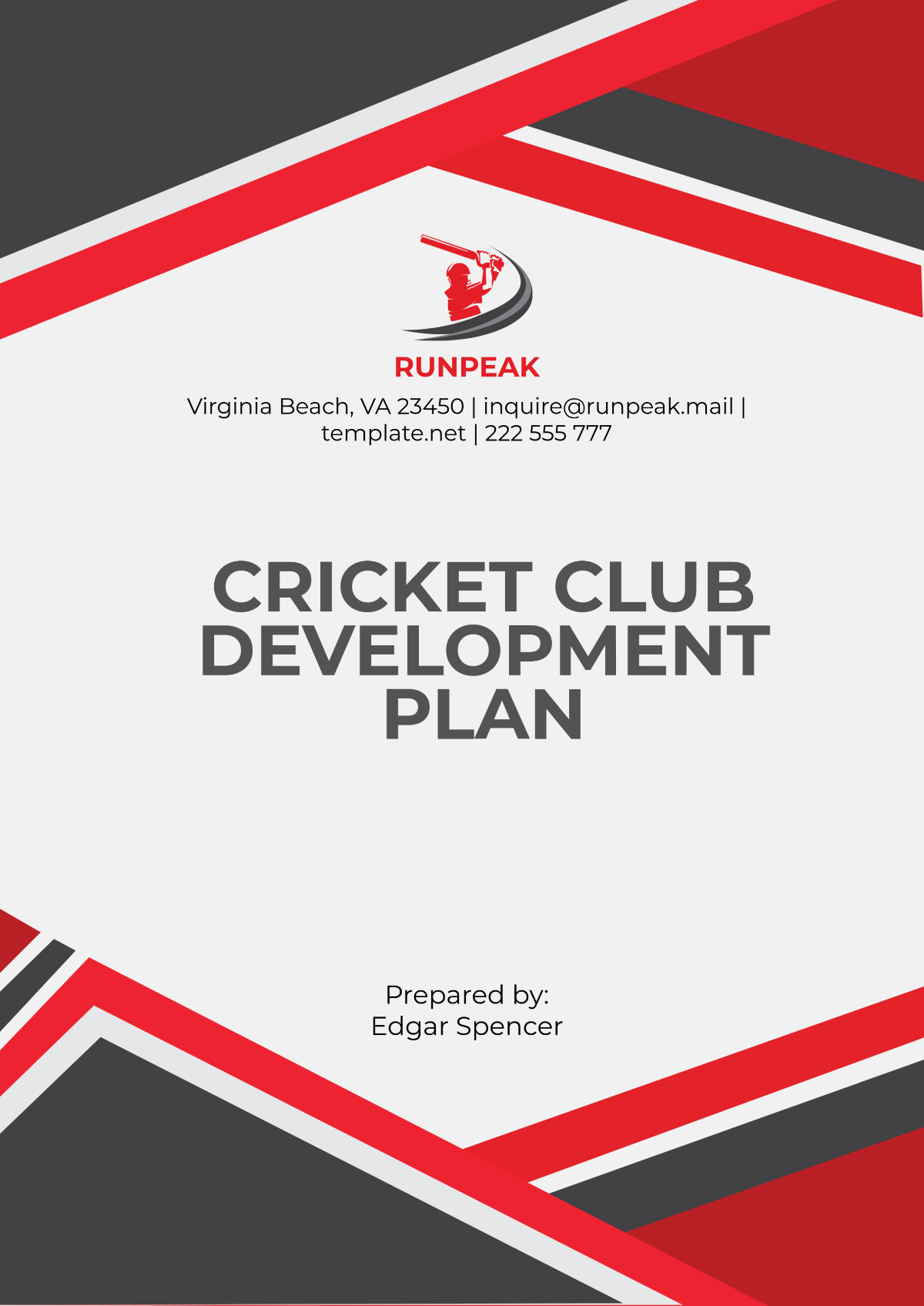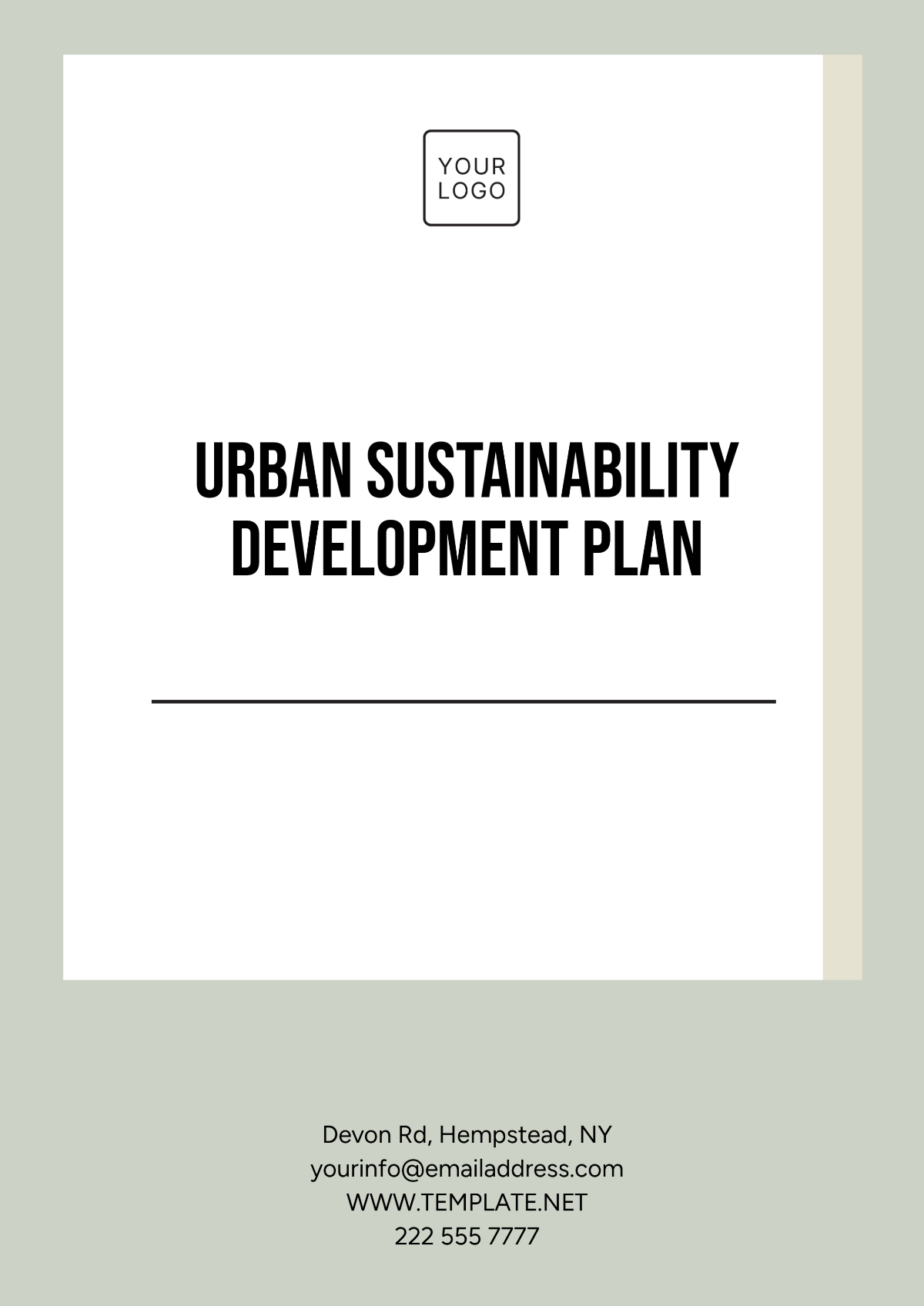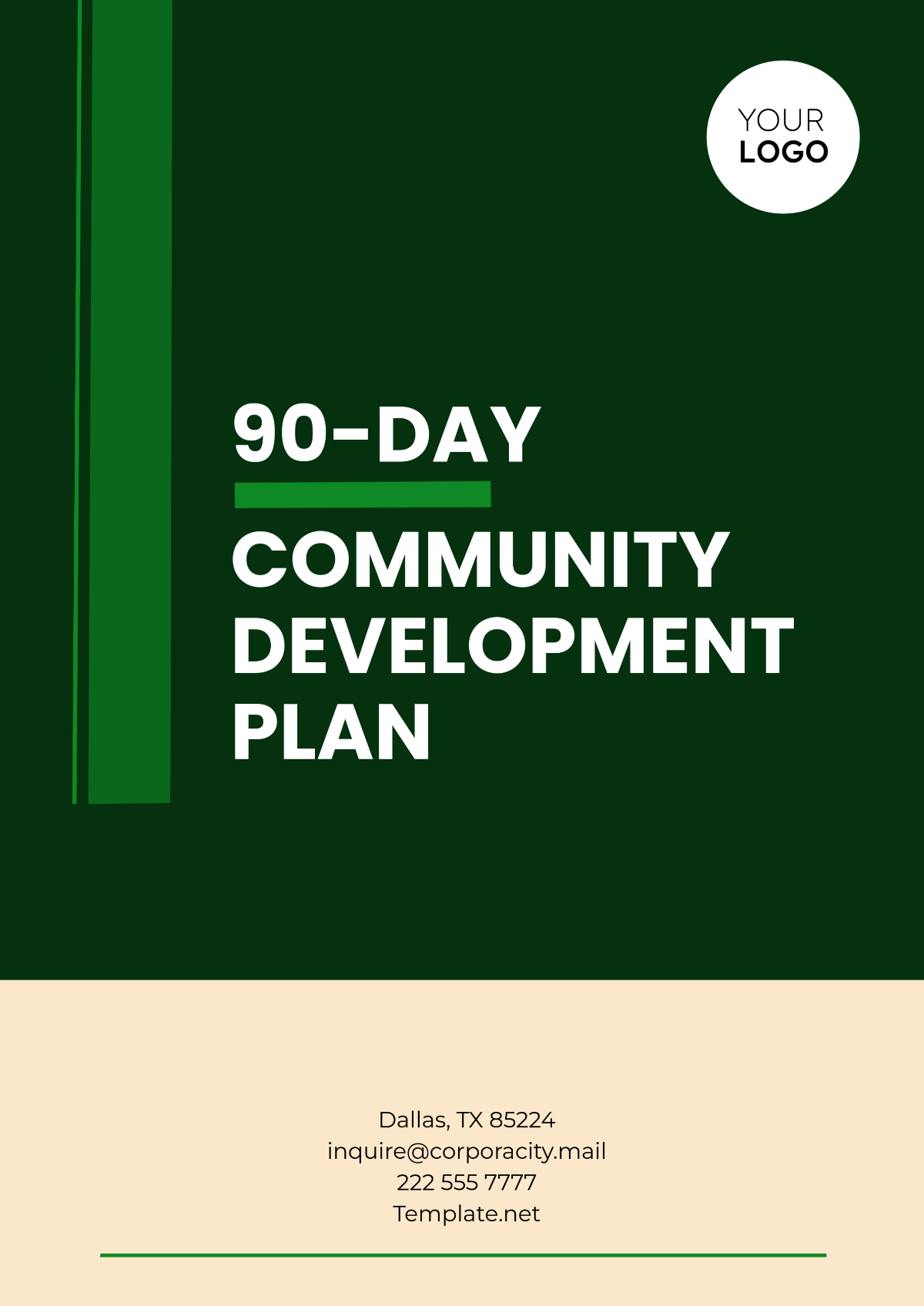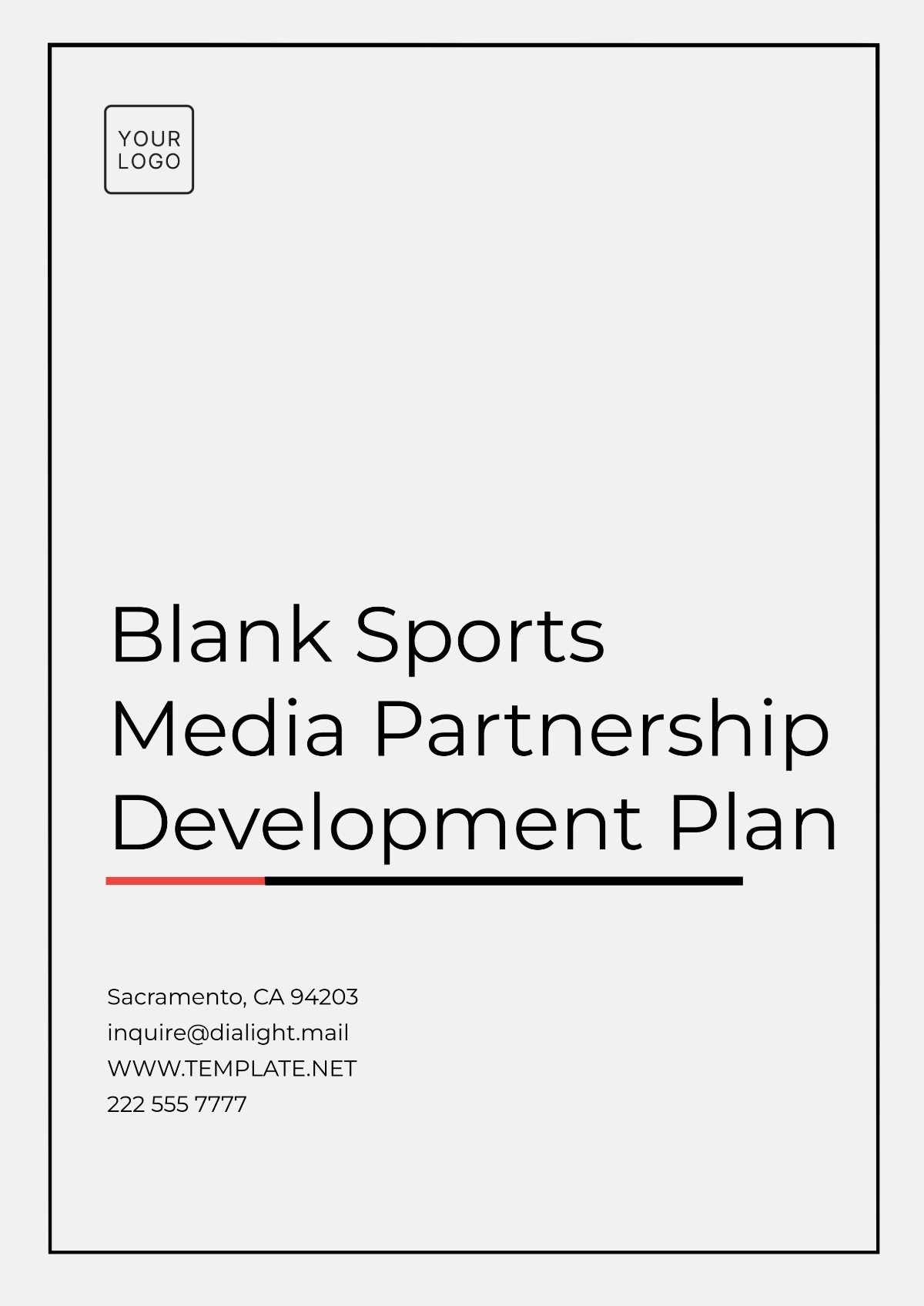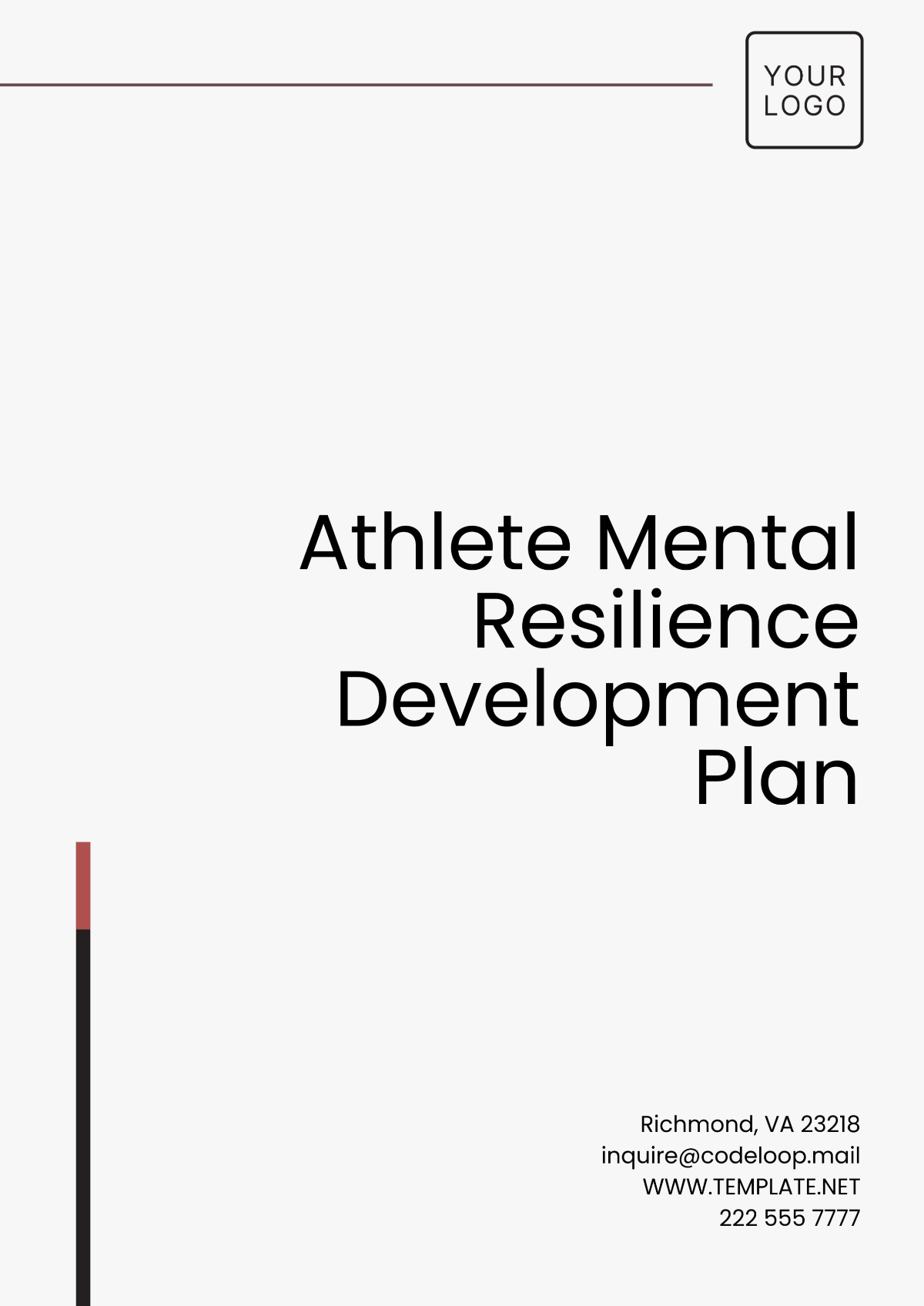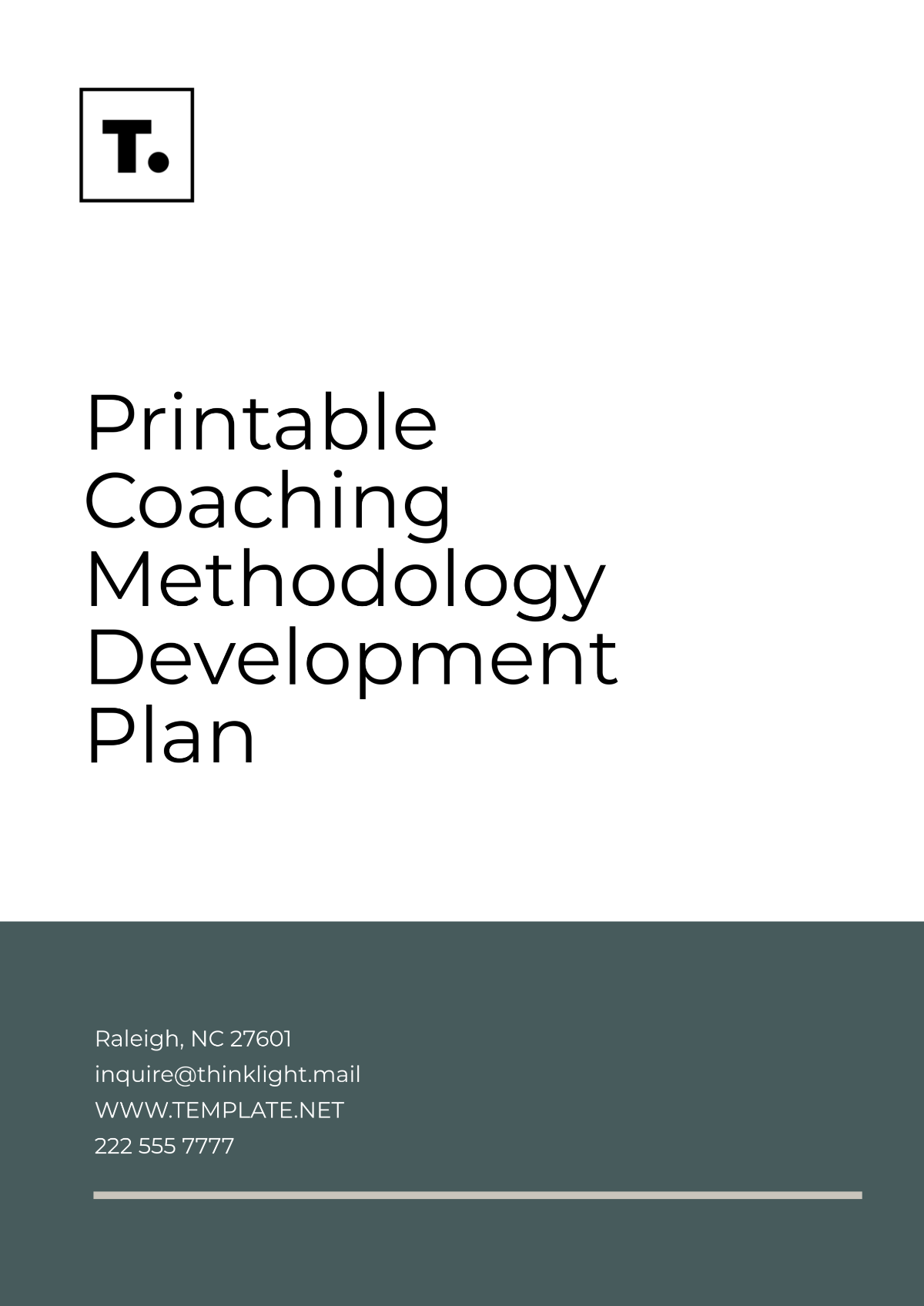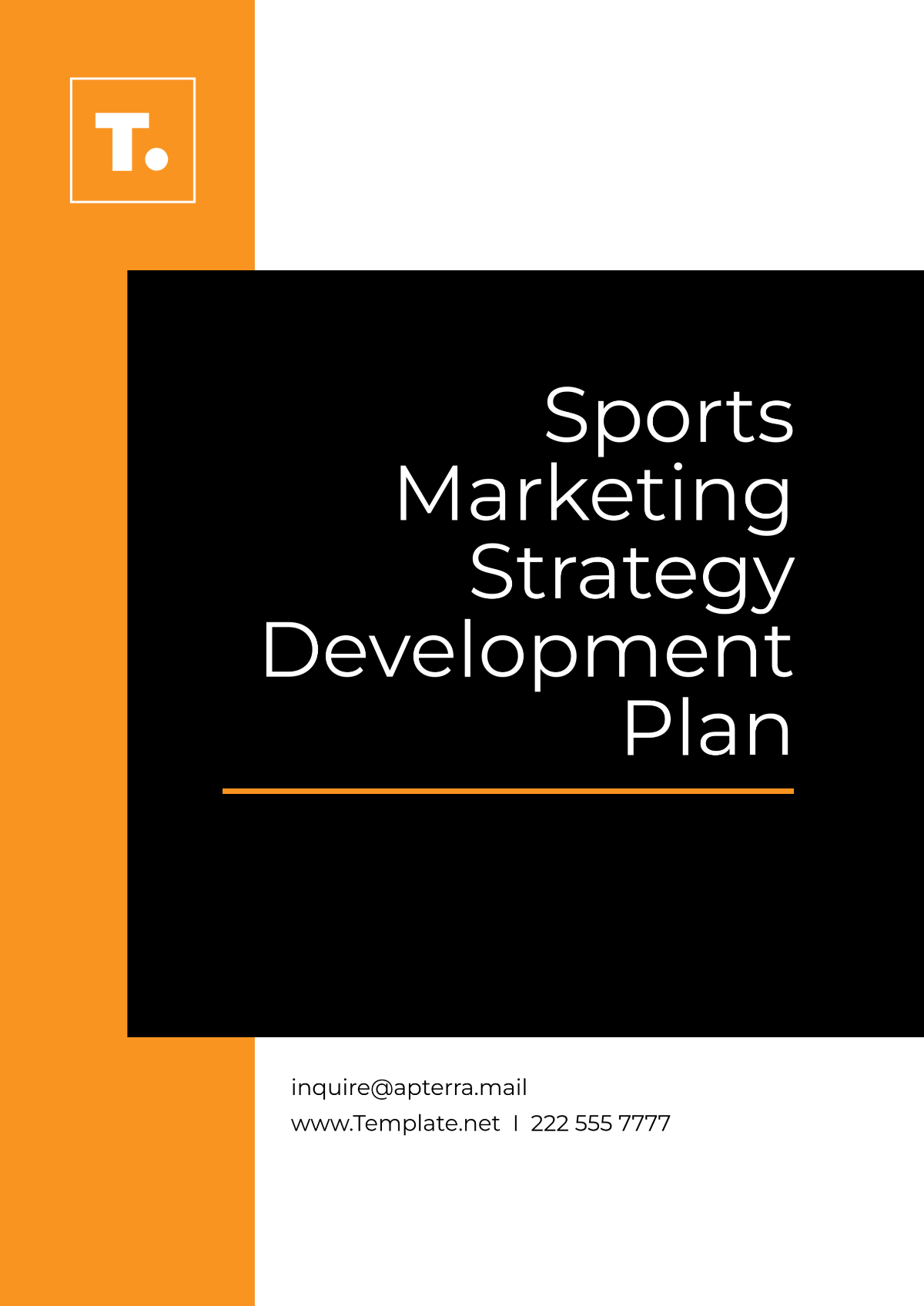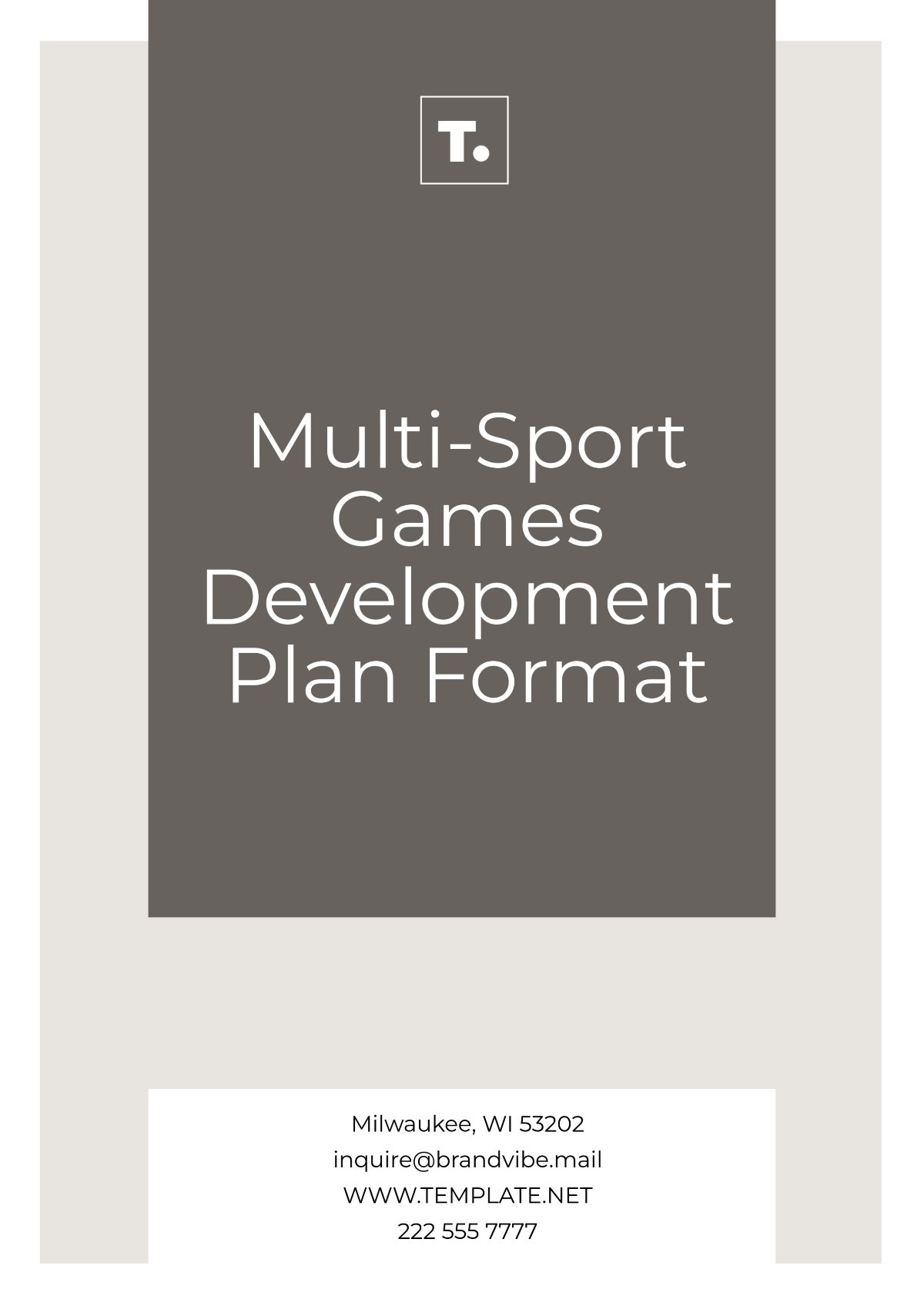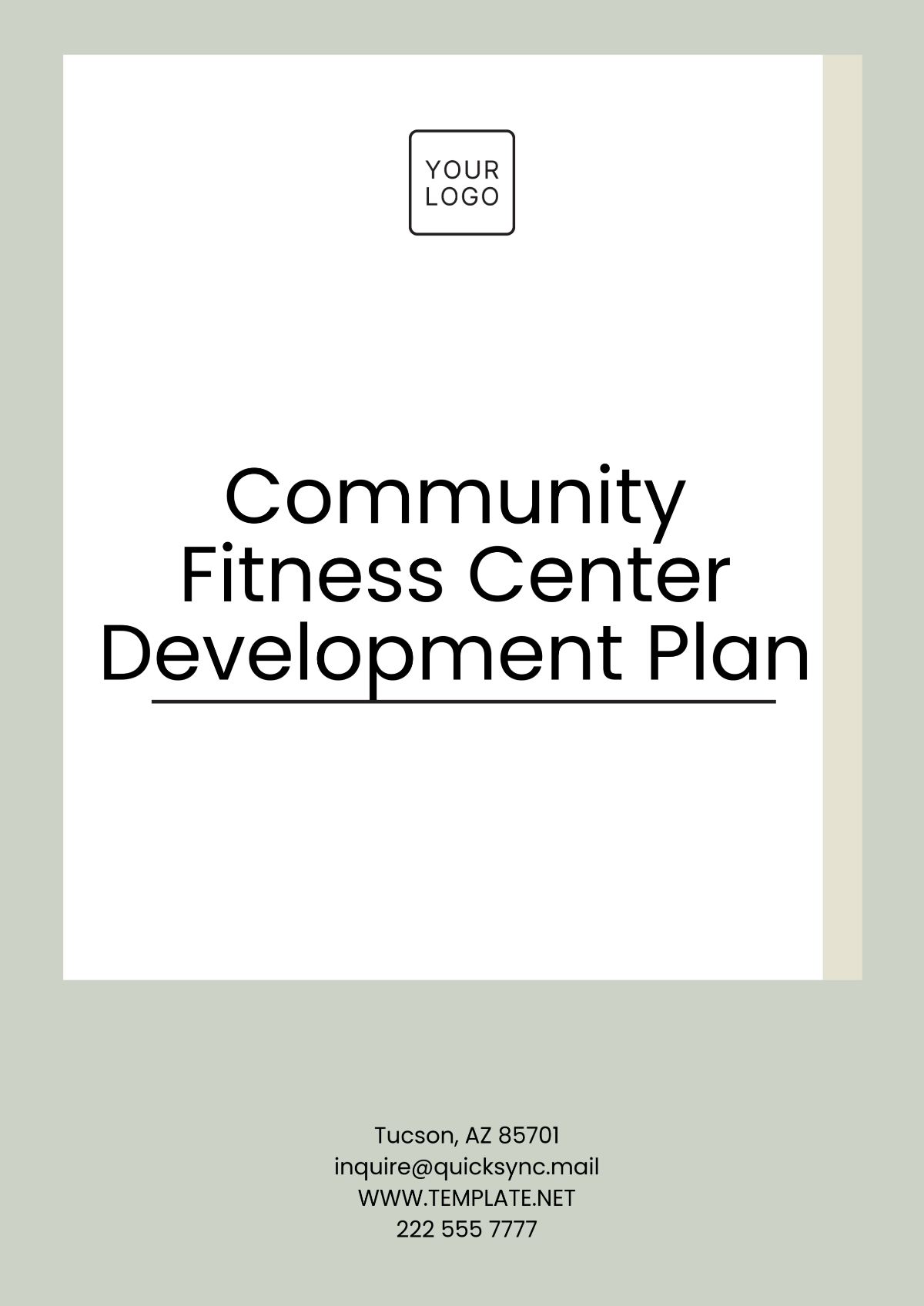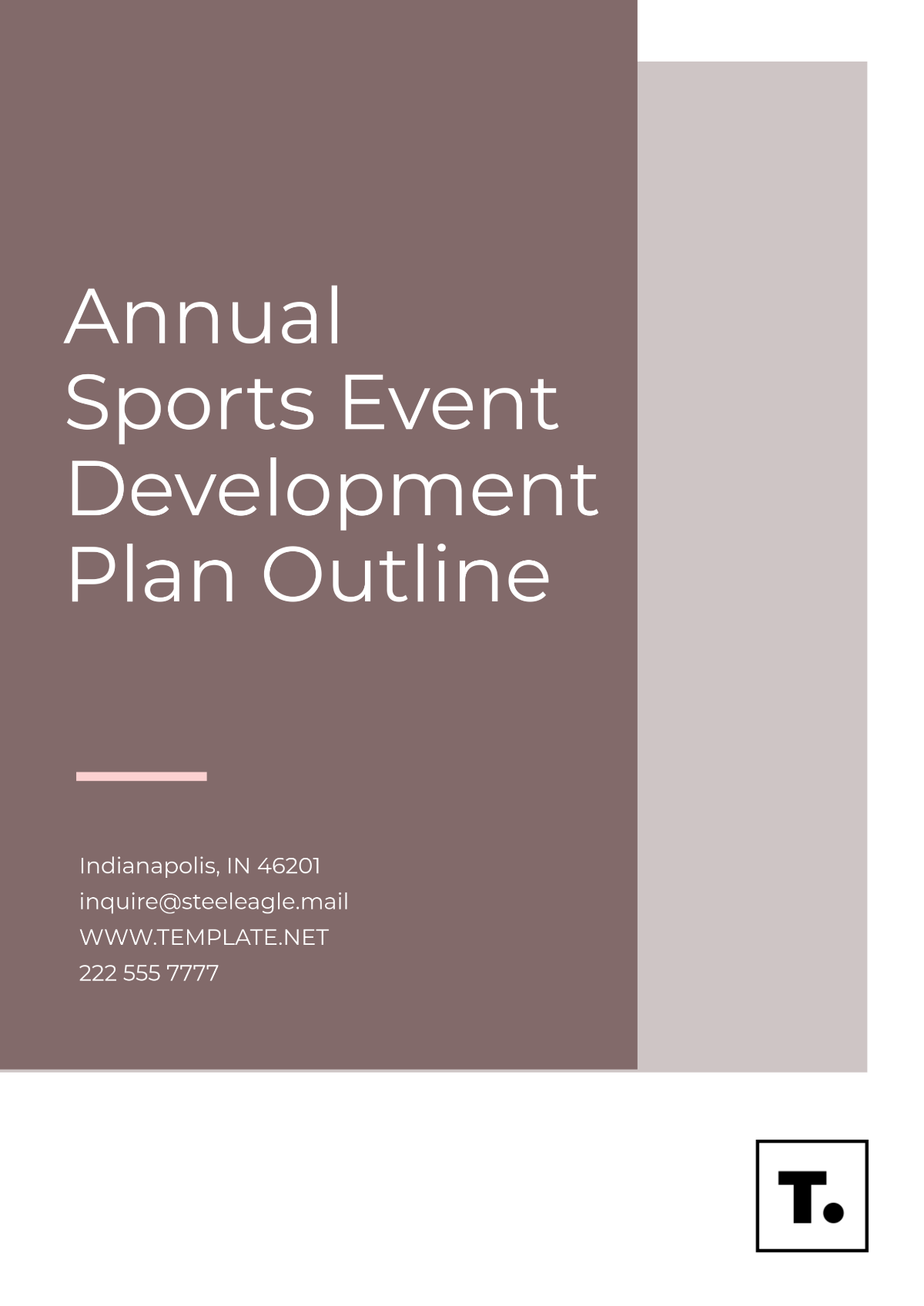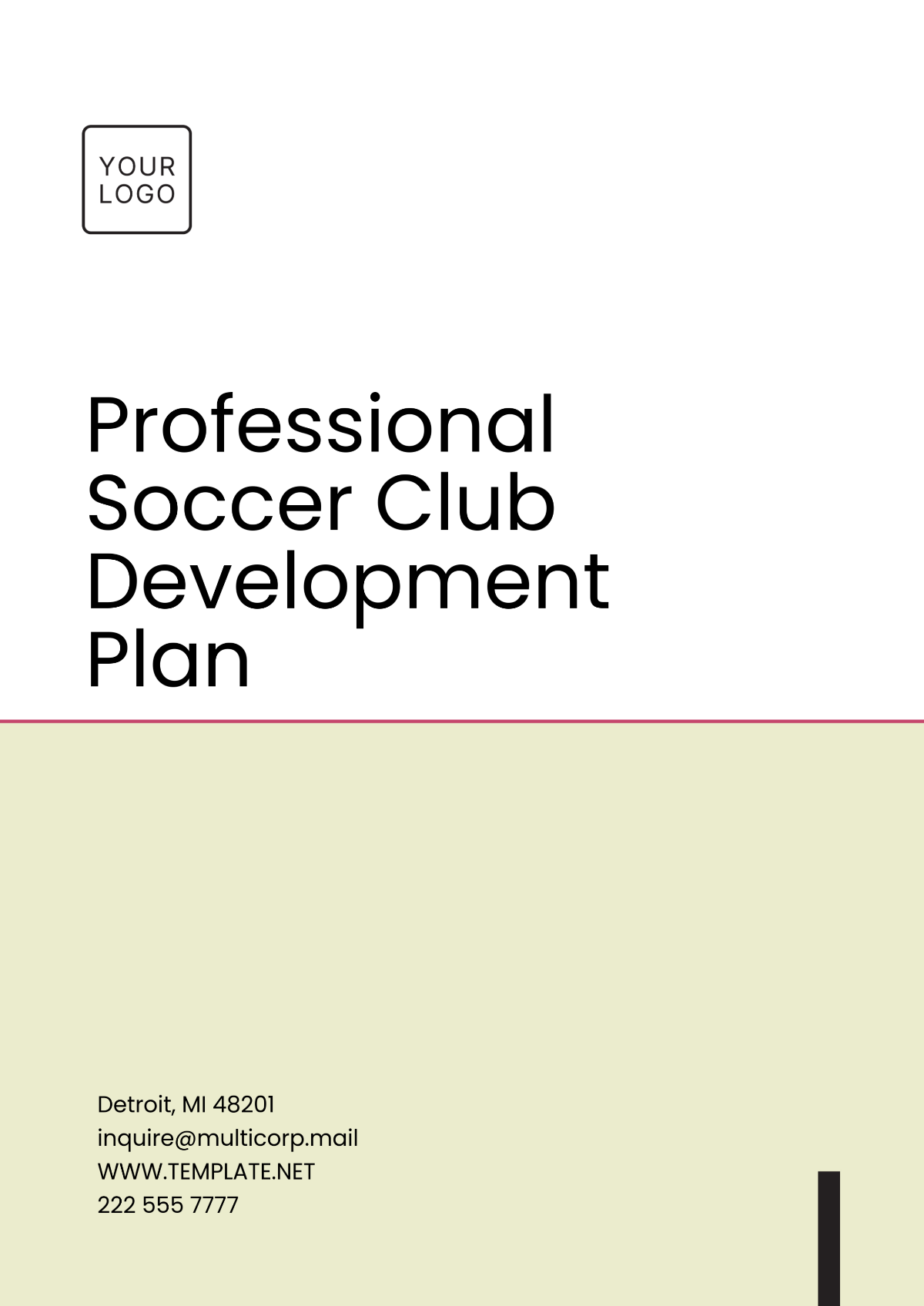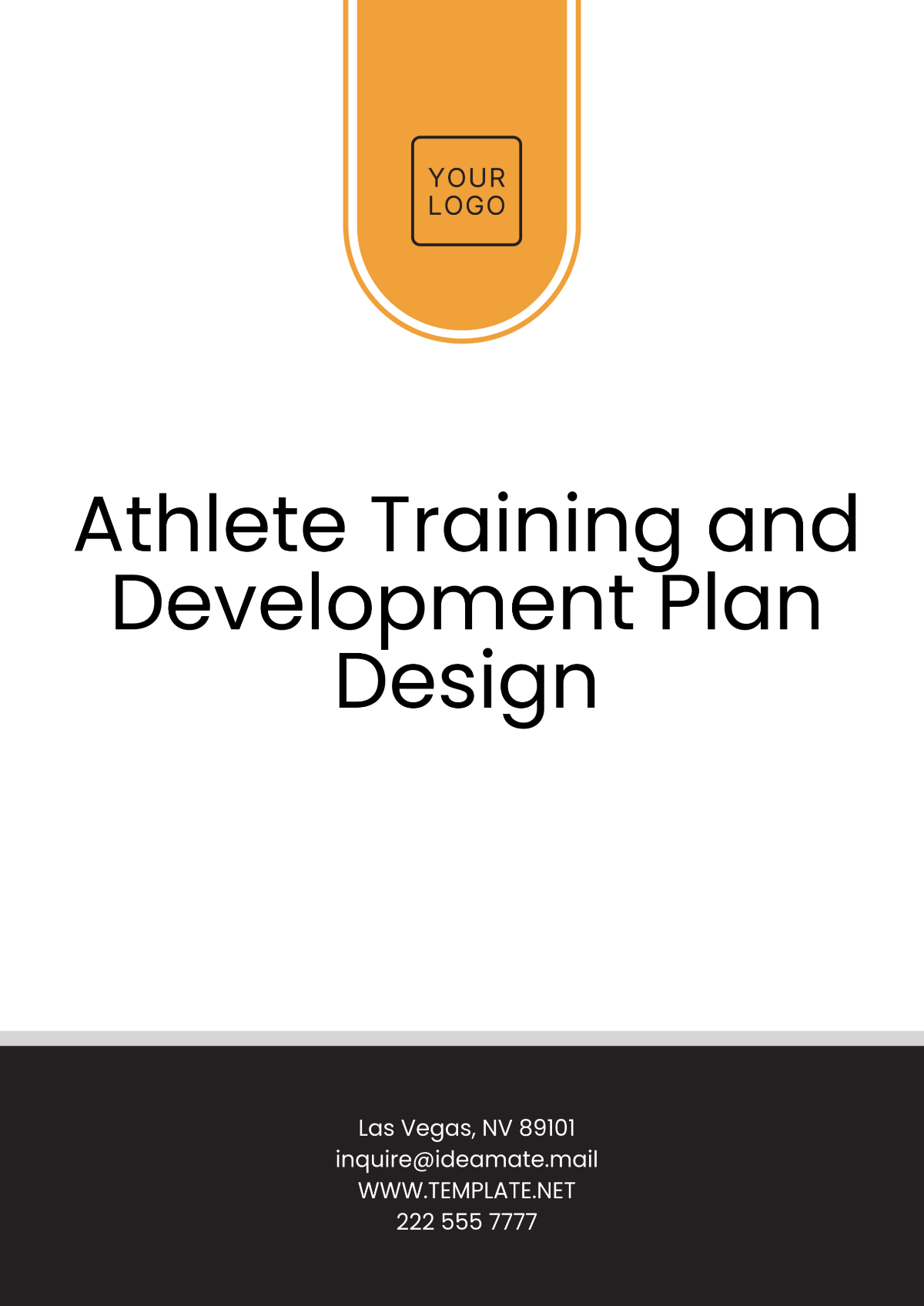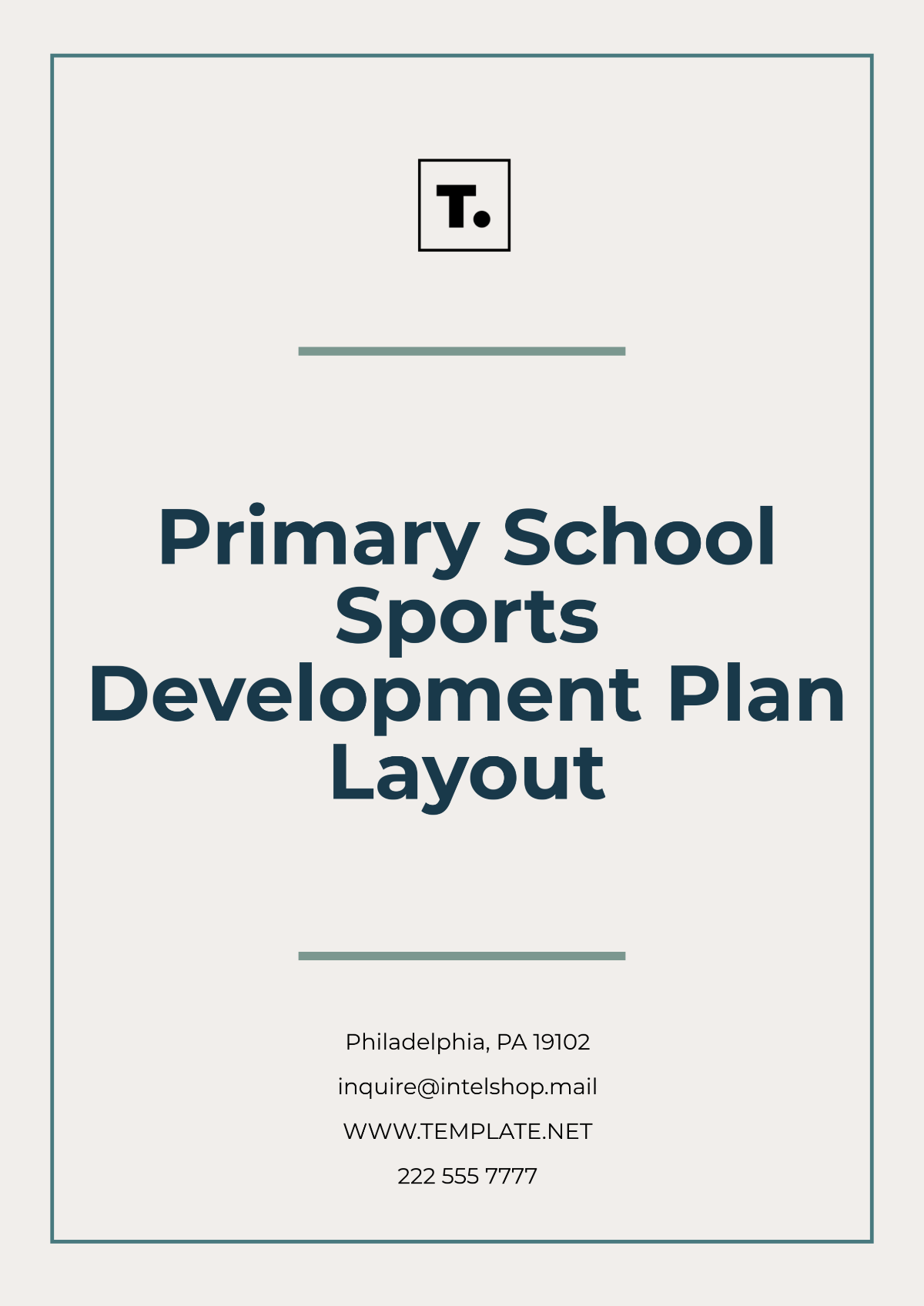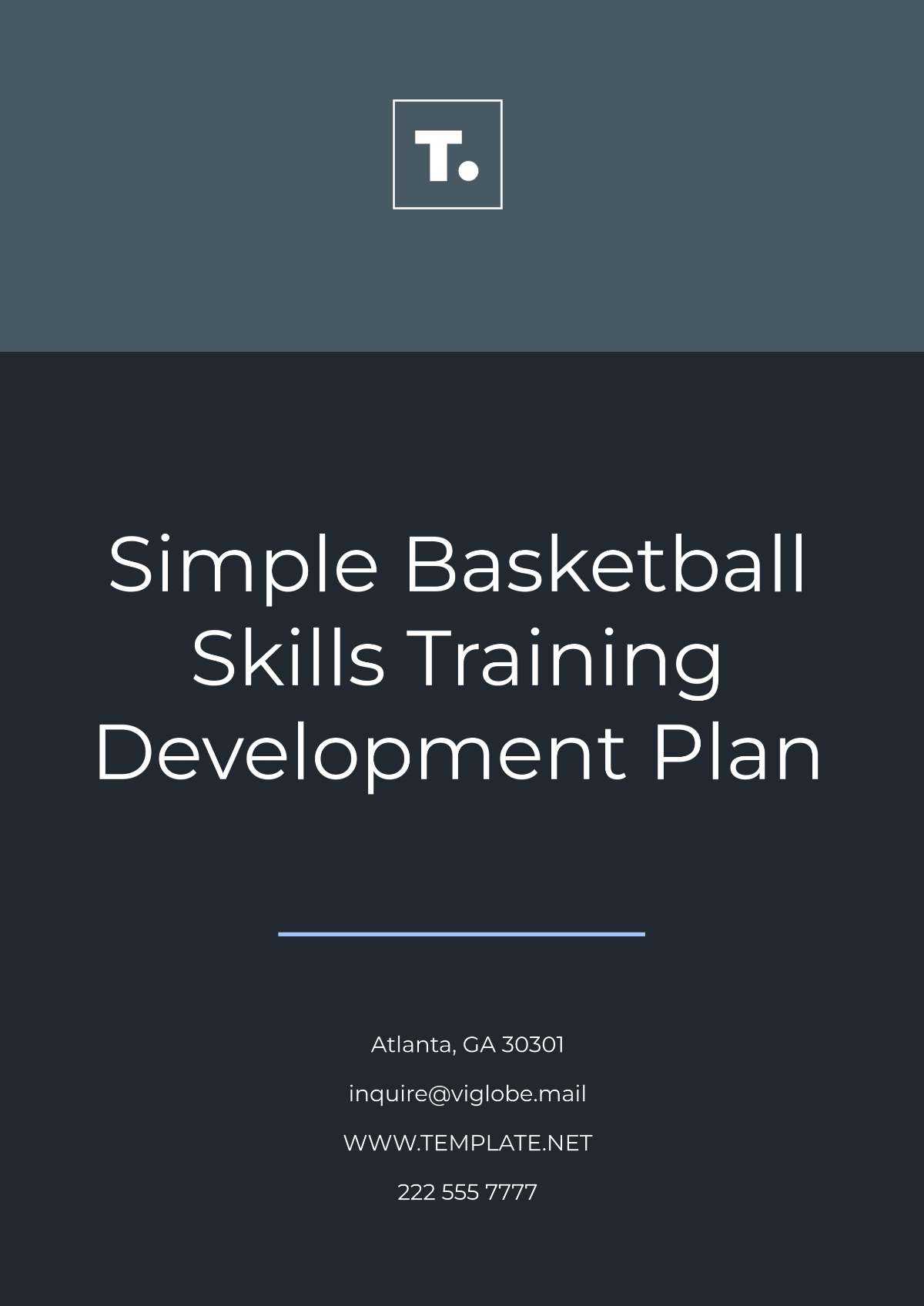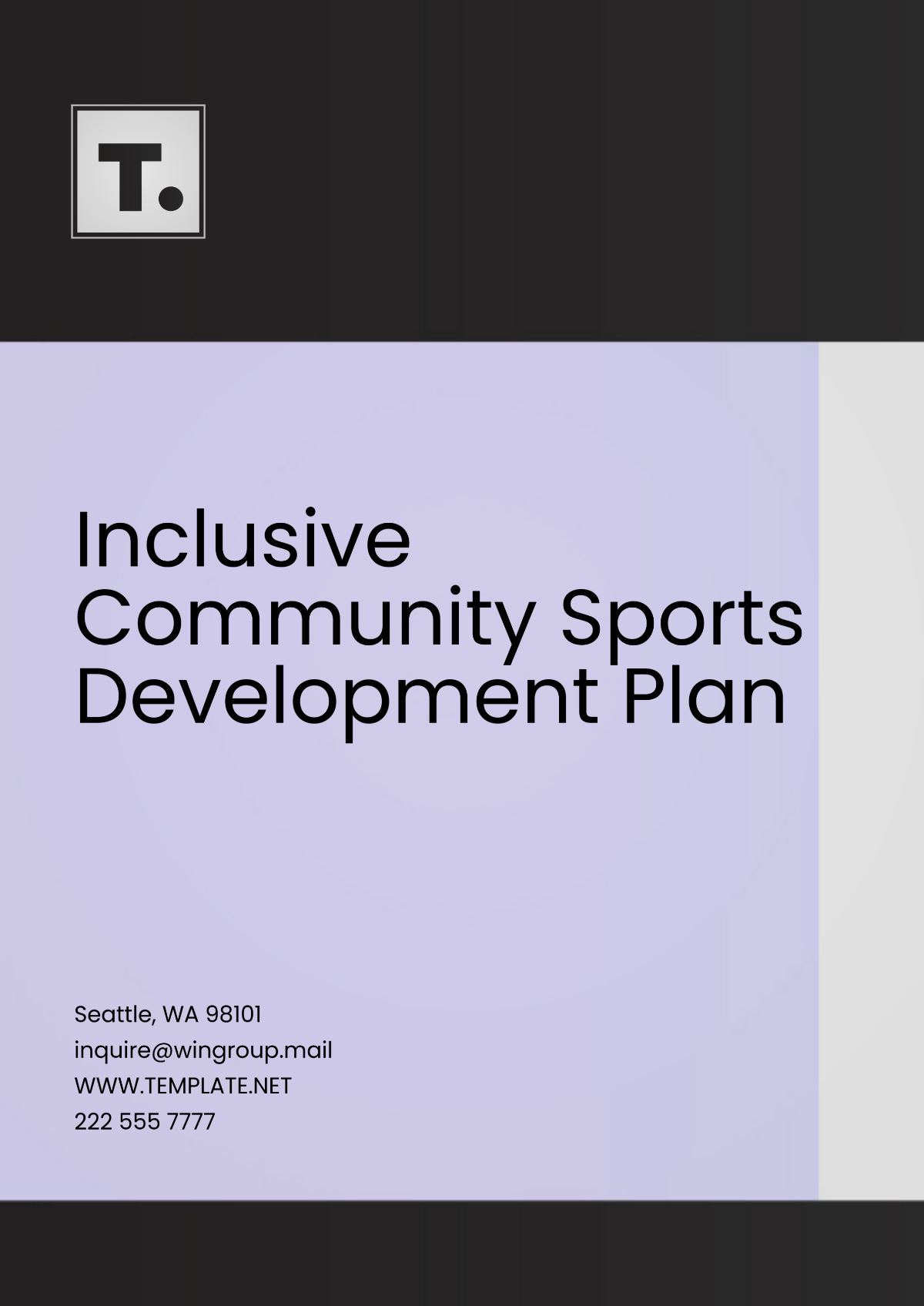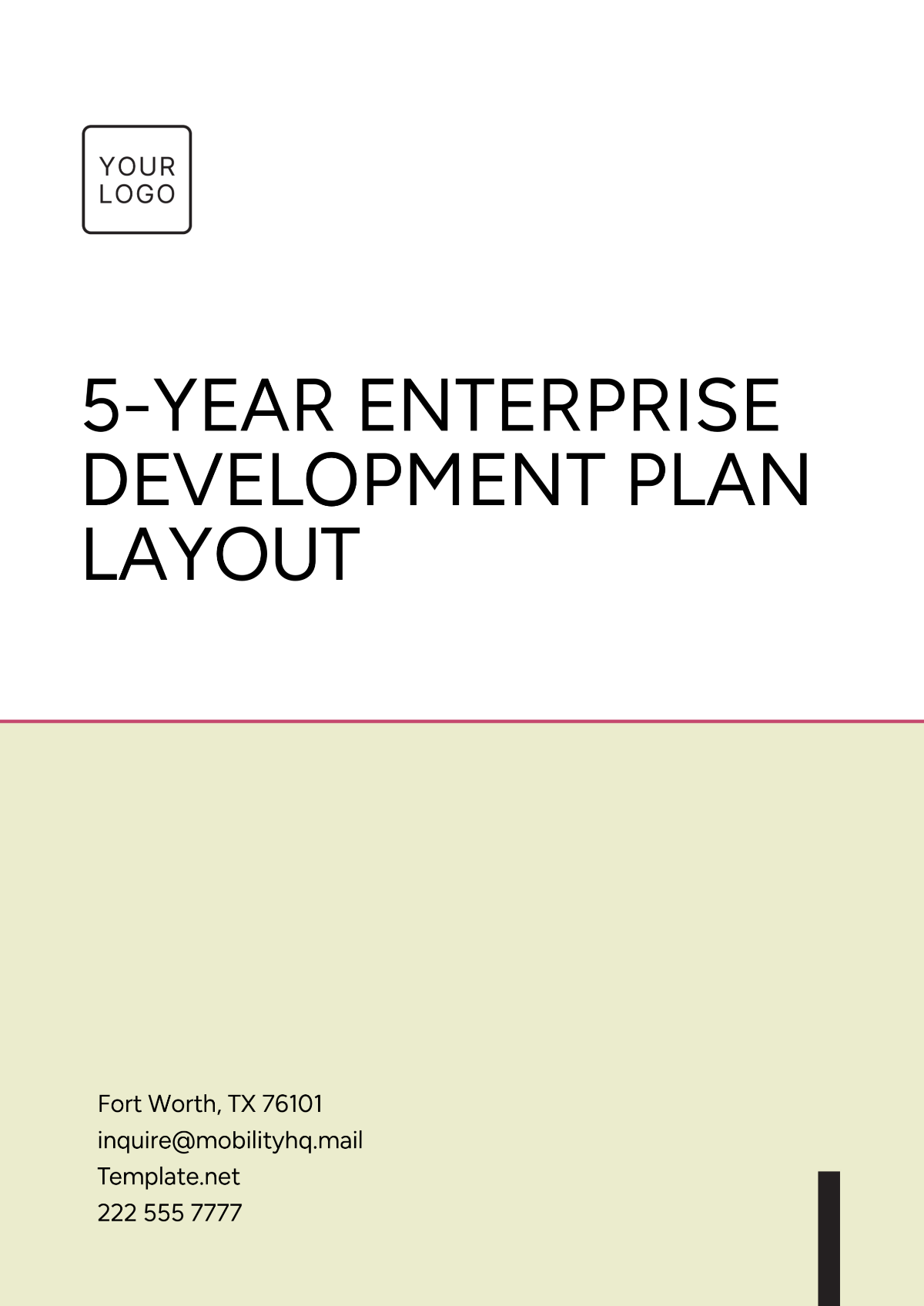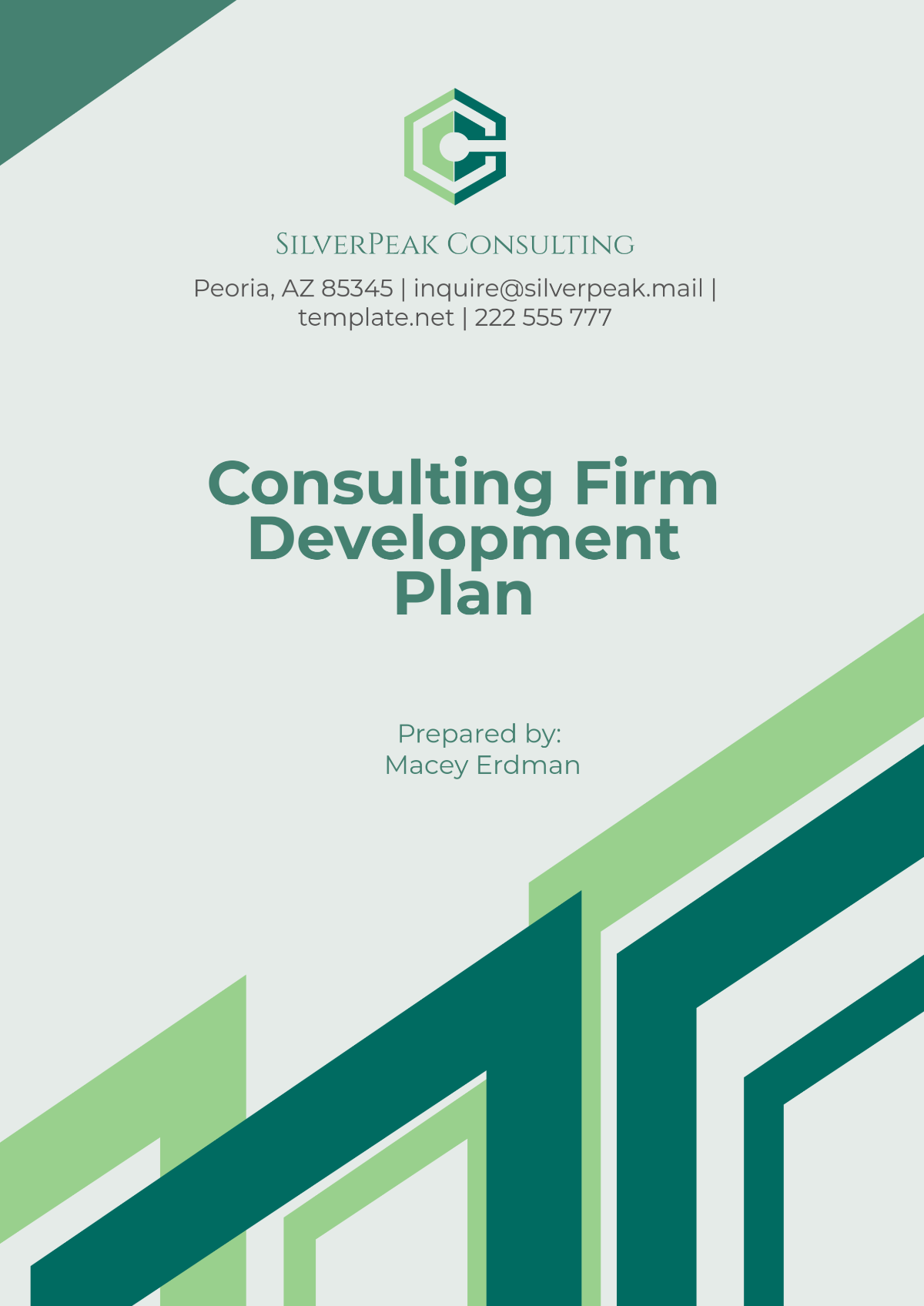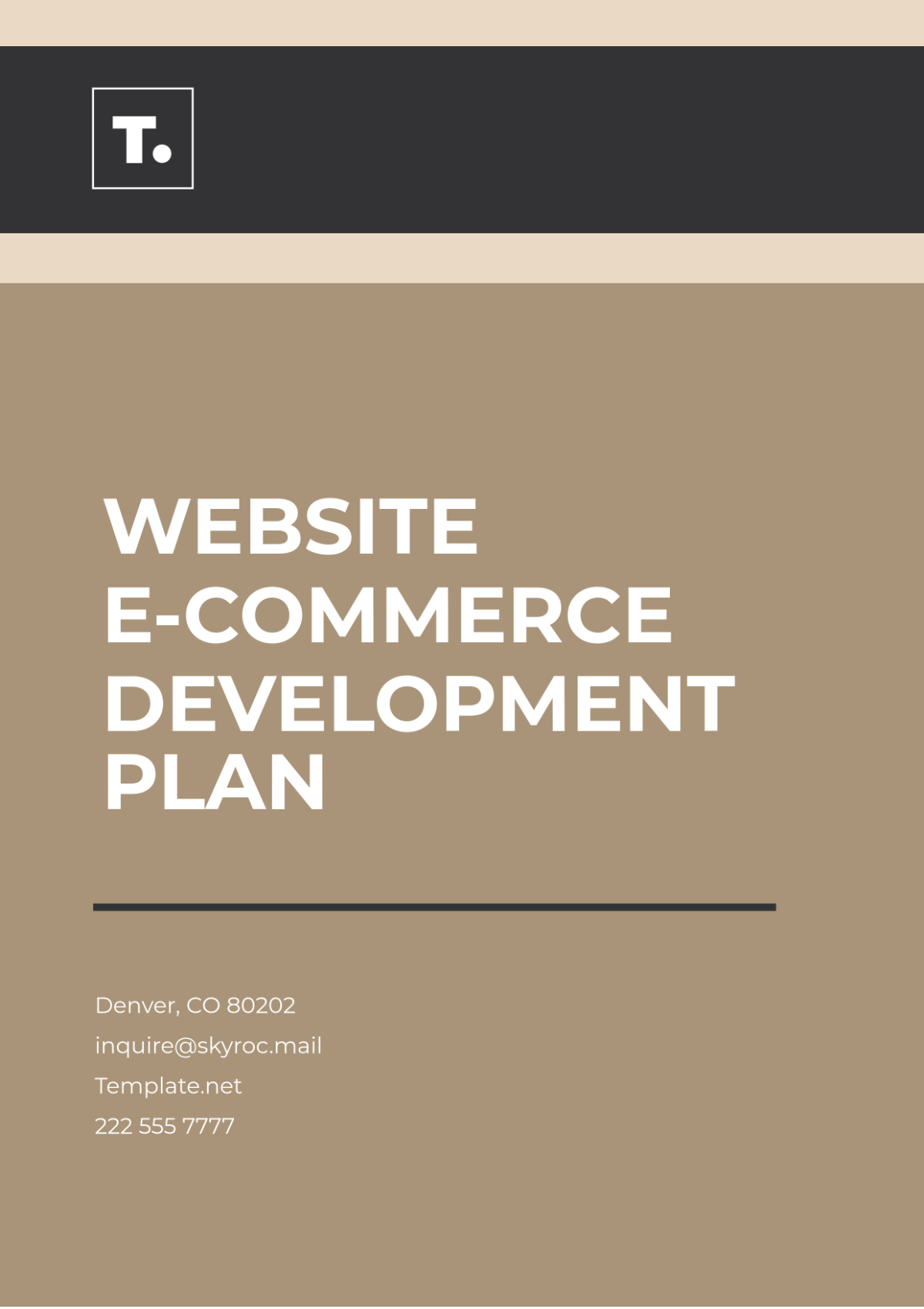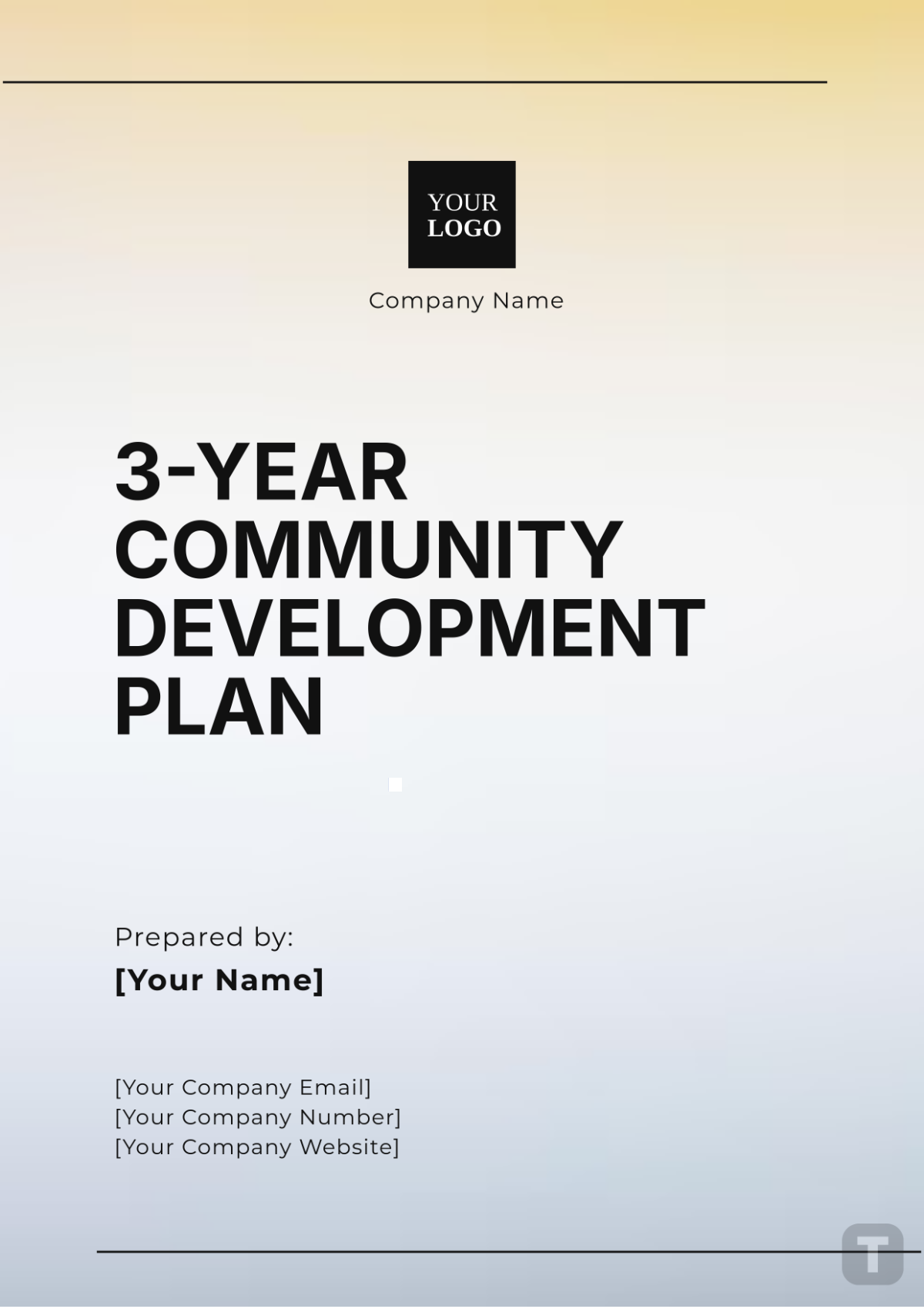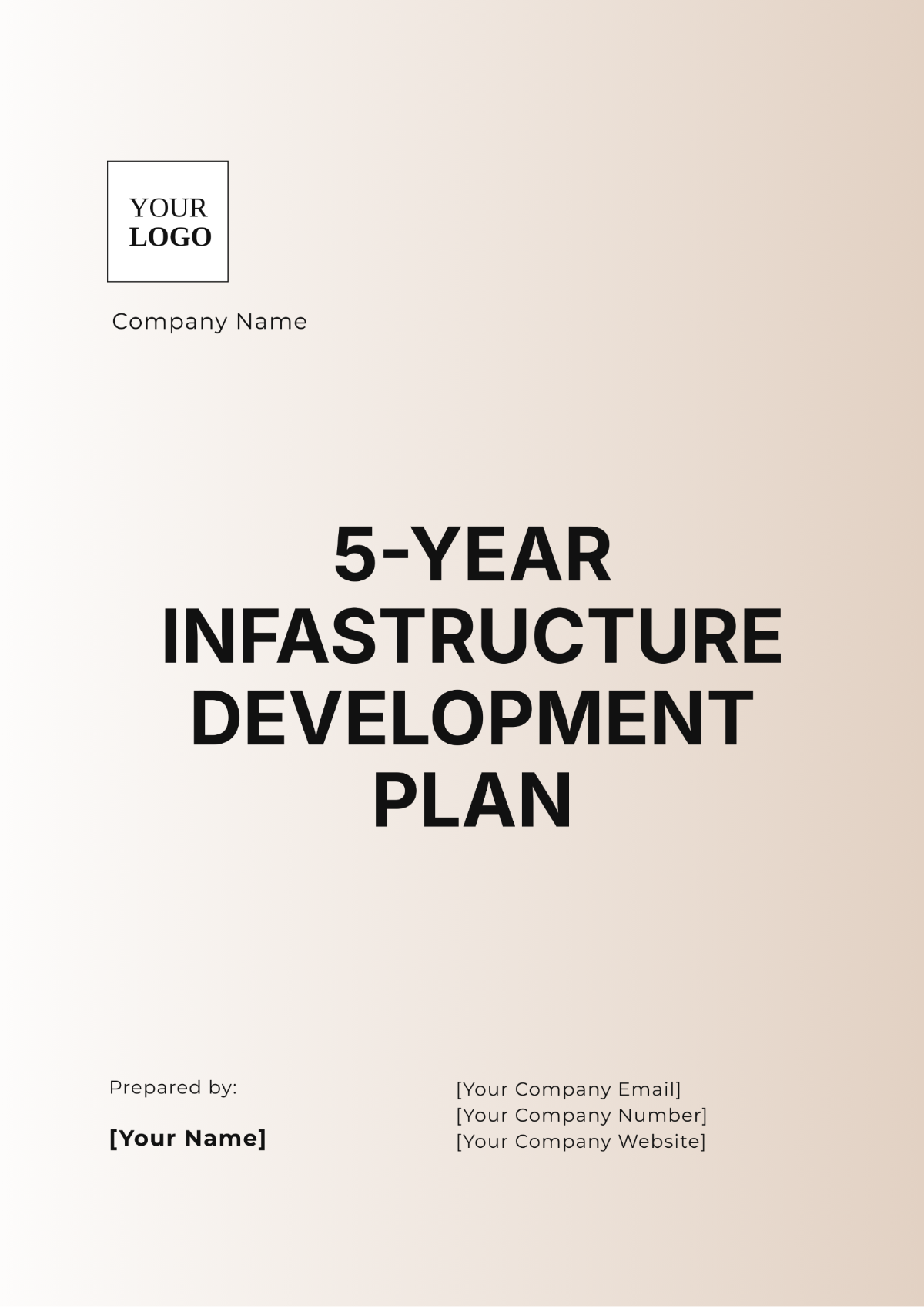Web Development Plan
Written by: [YOUR NAME]
Company: [YOUR COMPANY NAME]
Address: [YOUR COMPANY ADDRESS]
I. Executive Summary
This Web Development Plan is designed to outline the strategic framework and detailed steps for developing a high-quality and user-friendly website for [YOUR COMPANY NAME]. This plan aims to enhance [YOUR COMPANY NAME]'s online presence, improve user engagement, and ultimately drive business growth. The project commencement date is January 1, 2050, with a planned completion date of December 31, 2050.
II. Project Overview
A. Background
[YOUR COMPANY NAME] is a leading provider, committed to delivering top-notch services and customer satisfaction. As part of our growth strategy, we are undertaking this web development project to better serve our customers and expand our digital footprint.
B. Objectives
Enhance user experience through a responsive and intuitive website design.
Improve SEO to increase organic traffic and visibility.
Integrate advanced analytics to monitor and analyze user behavior.
Ensure website security and data protection compliance.
Facilitate seamless integration with social media and other marketing channels.
III. Scope of Work
A. Website Design
Create a contemporary and aesthetically pleasing website design that is also responsive across various devices and screen sizes, ensuring it aligns seamlessly with the brand identity of [YOUR COMPANY NAME].
B. Content Development
Develop comprehensive and expertly crafted content that is optimized for search engines, encompassing a variety of formats such as written text, visual elements like images and videos, and engaging interactive components.
C. Technical Development
Build and deploy the website using the latest web technologies and best practices, ensuring compatibility across devices and browsers.
D. Testing and Quality Assurance
Conduct thorough testing to ensure the website is free of bugs and provides a positive user experience. This includes usability testing, performance testing, and security testing.
IV. Timeline and Milestones
A. Project Timeline
Phase | Start Date | End Date |
|---|---|---|
Initial Planning | January 1, 2050 | February 28, 2050 |
Design Phase | March 1, 2050 | April 30, 2050 |
Development Phase | May 1, 2050 | August 31, 2050 |
Testing & QA | September 1, 2050 | October 31, 2050 |
Launch | November 1, 2050 | December 31, 2050 |
B. Key Milestones
Completion of initial planning and requirement gathering: | February 28, 2050 |
|---|---|
Finalization of design: | April 30, 2050 |
Completion of development: | August 31, 2050 |
Testing and quality assurance completed: | October 31, 2050 |
Website launch: | December 31, 2050 |
V. Roles and Responsibilities
A. Project Manager
[YOUR NAME] - Manages and supervises the entire project, diligently ensuring that all milestones are reached according to the established timeline and that the project remains within the specified budget constraints.
B. Lead Developer
Jared Scott - Code, maintain, and oversee the website's technical development and deployment, ensuring it functions properly and is launched efficiently.
C. Designer
Blanche Rose - Creates the visual design and ensures it adheres to [YOUR COMPANY NAME]'s brand guidelines.
D. Content Strategist
Robin Stevens - Responsible for creating, organizing, and maintaining captivating and pertinent material to be displayed on the website in order to enhance user engagement and provide valuable information to the audience.
VI. Budget
The estimated budget for the web development project is $150,000. This budget covers all aspects of the project from design to launch, ensuring a comprehensive approach to developing a high-quality website. The breakdown of the budget is as follows:
Category | Estimated Cost ($) |
|---|---|
Initial Planning | 10,000 |
Design | 30,000 |
Development | 60,000 |
Content Creation | 20,000 |
Testing & Quality Assurance | 15,000 |
Launch | 5,000 |
Contingency | 10,000 |
Total | 150,000 |
VII. Risk Management
A comprehensive risk management plan is essential to address potential challenges throughout the project lifecycle. The table below outlines potential risks, their impact, and mitigation strategies:
Risk | Impact | Likelihood | Mitigation Strategy |
|---|---|---|---|
Scope Creep | High | Medium | Define clear project scope; implement change control process |
Timeline Delays | High | Medium | Develop a detailed project timeline; regular progress reviews |
Technical Challenges | Medium | High | Employ experienced developers; conduct regular technical reviews |
Budget Overruns | High | Low | Monitor expenses closely; keep a contingency fund |
Security Vulnerabilities | High | Low | Implement best security practices; regular security audits |
Stakeholder Misalignment | Medium | Medium | Regular communication and updates; stakeholder engagement |
VIII. Evaluation and Metrics
The success of the web development project will be evaluated based on key performance indicators (KPIs) that reflect user engagement, site performance, and business impact. The following metrics will be monitored:
Metric | Description | Target/Benchmark |
|---|---|---|
User Engagement | Time spent on site, pages per session | Increase by 20% |
Site Traffic | Number of unique visitors | Increase by 30% |
Conversion Rates | Percentage of visitors taking desired actions (such as sign-ups and purchases) | Increase by 15% |
Bounce Rate | Percentage of visitors leaving the site after one page | Decrease by 10% |
Customer Feedback | User satisfaction ratings and feedback | Achieve 4.5/5 rating |
SEO Performance | Search engine rankings for target keywords | Top 3 positions |
Page Load Time | Average time to load a page | Under 3 seconds |
Regular performance reports will be generated post-launch to monitor and analyze these metrics. These reports will be reviewed monthly to ensure the website continues to meet its objectives and to identify any areas for improvement.
IX. Conclusion
This Web Development Plan provides a comprehensive roadmap for successfully developing a dynamic and user-centric website for [YOUR COMPANY NAME]. By following this plan, we aim to achieve our strategic objectives and deliver a website that meets the needs and expectations of our target audience.
